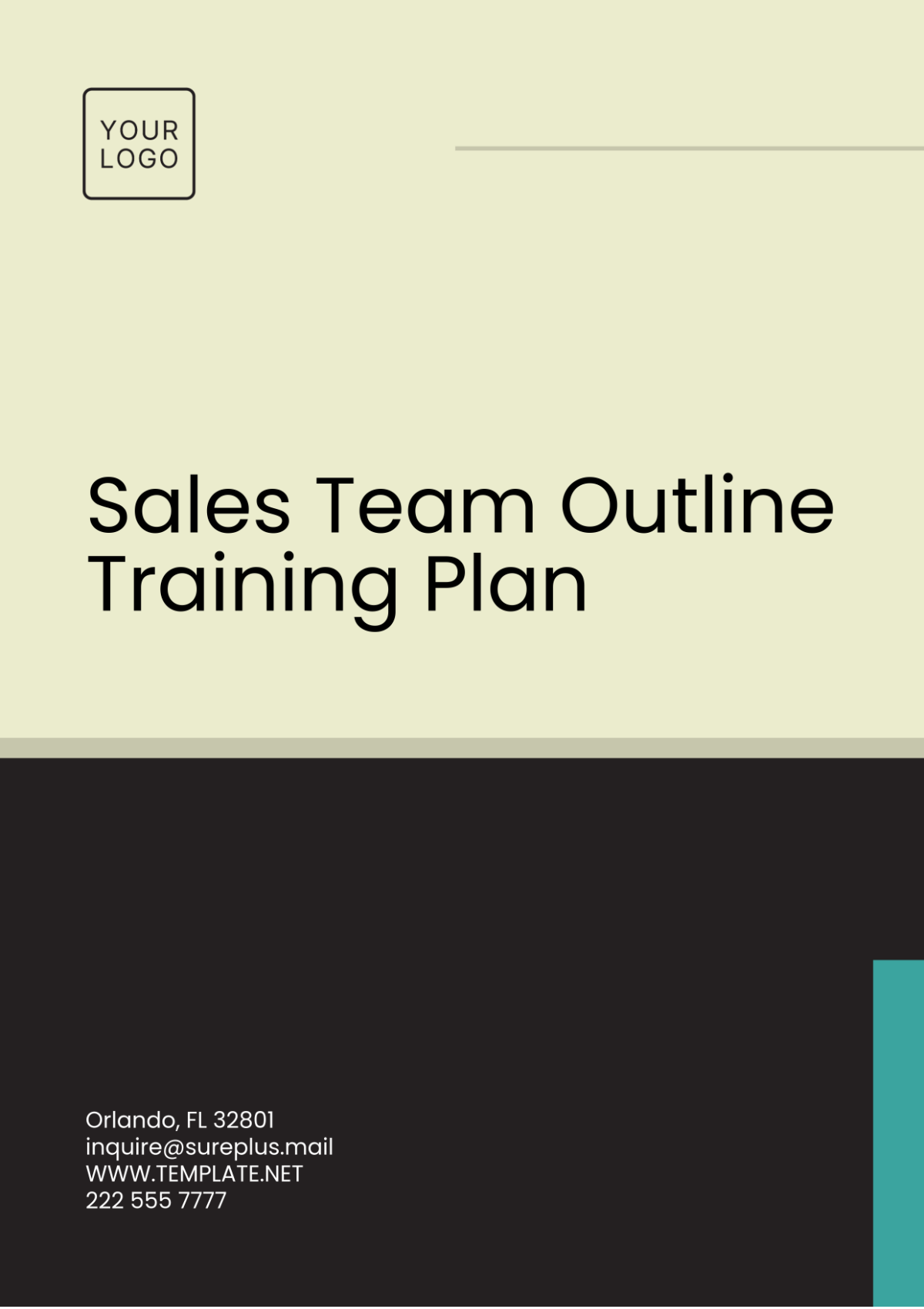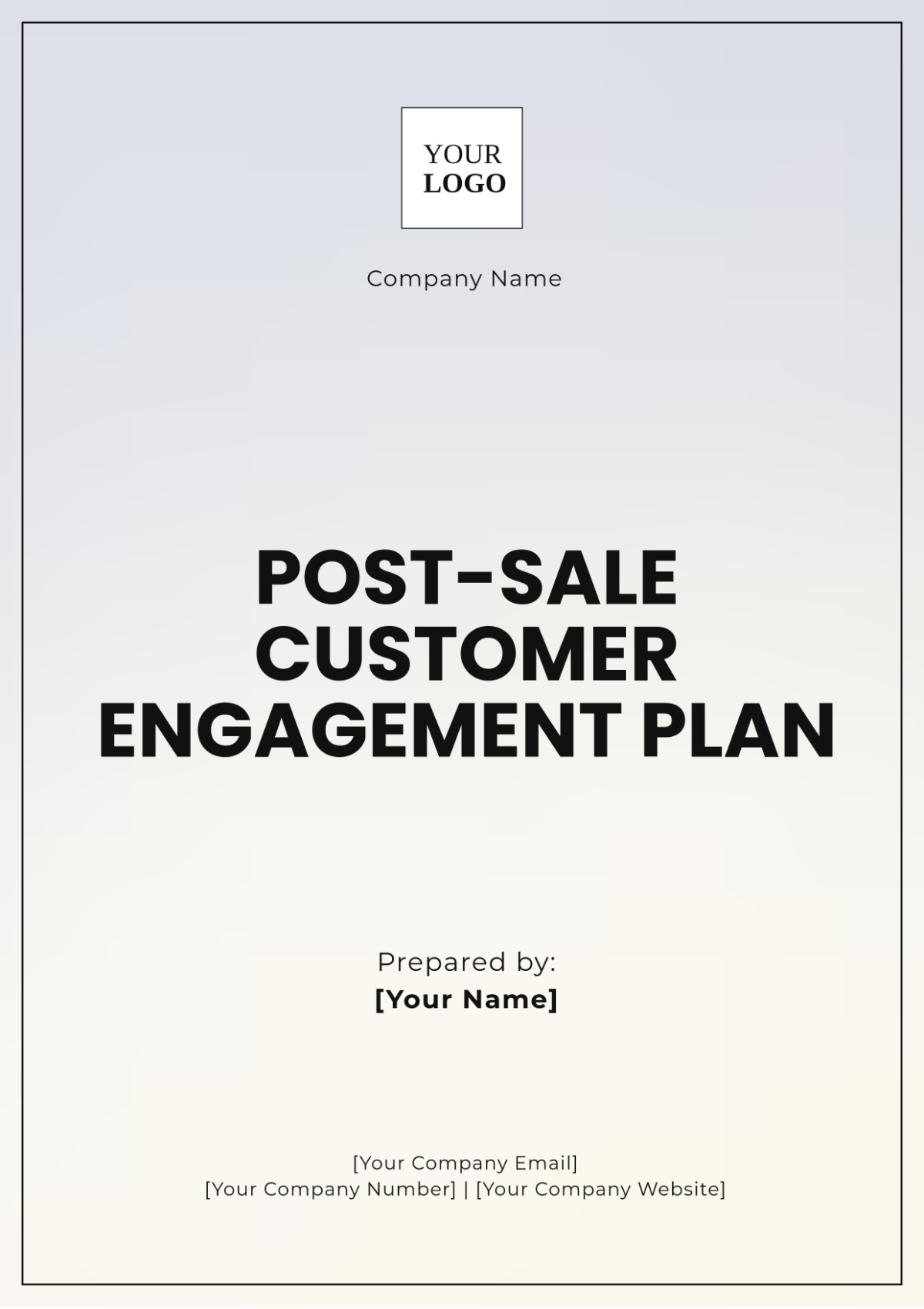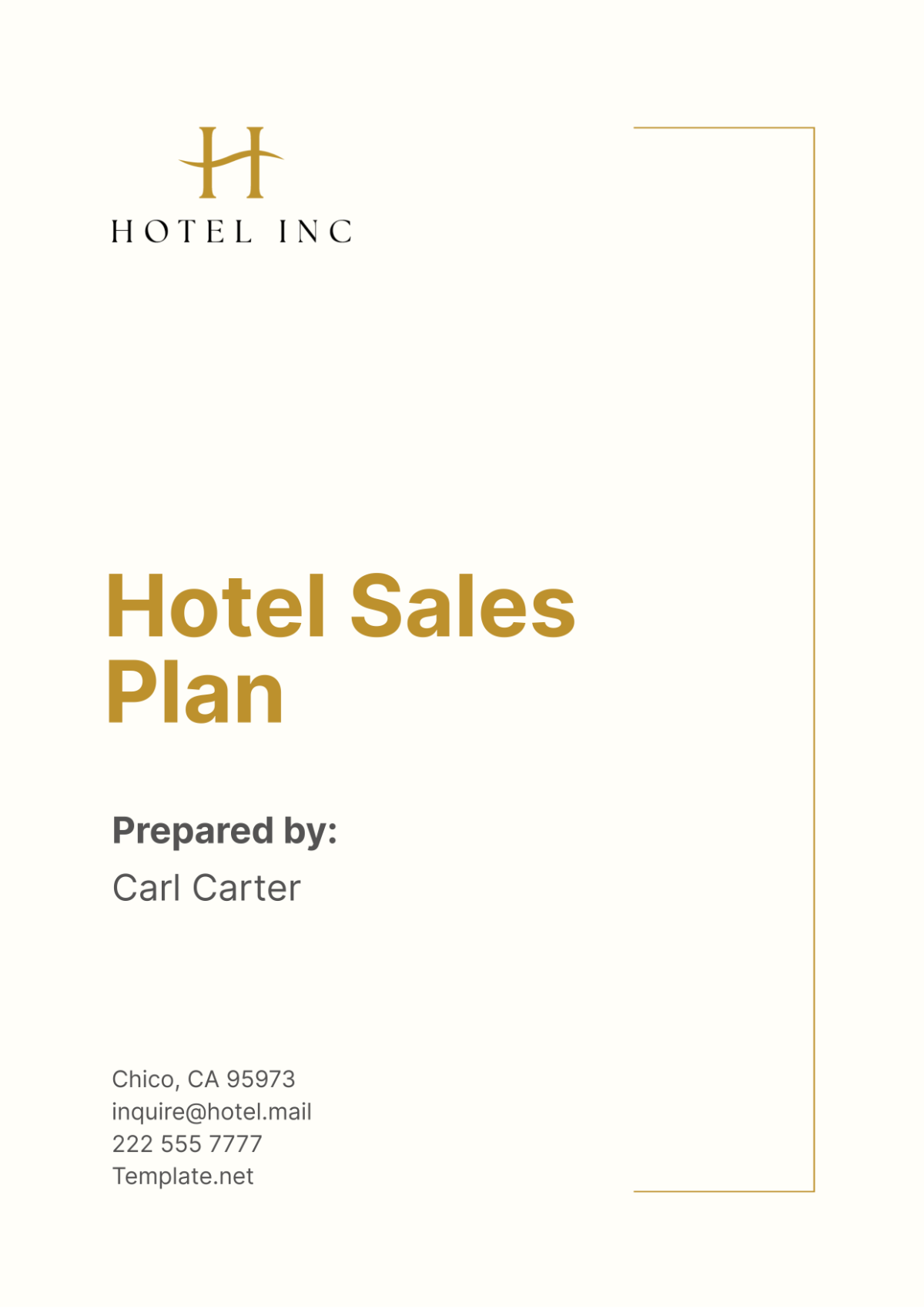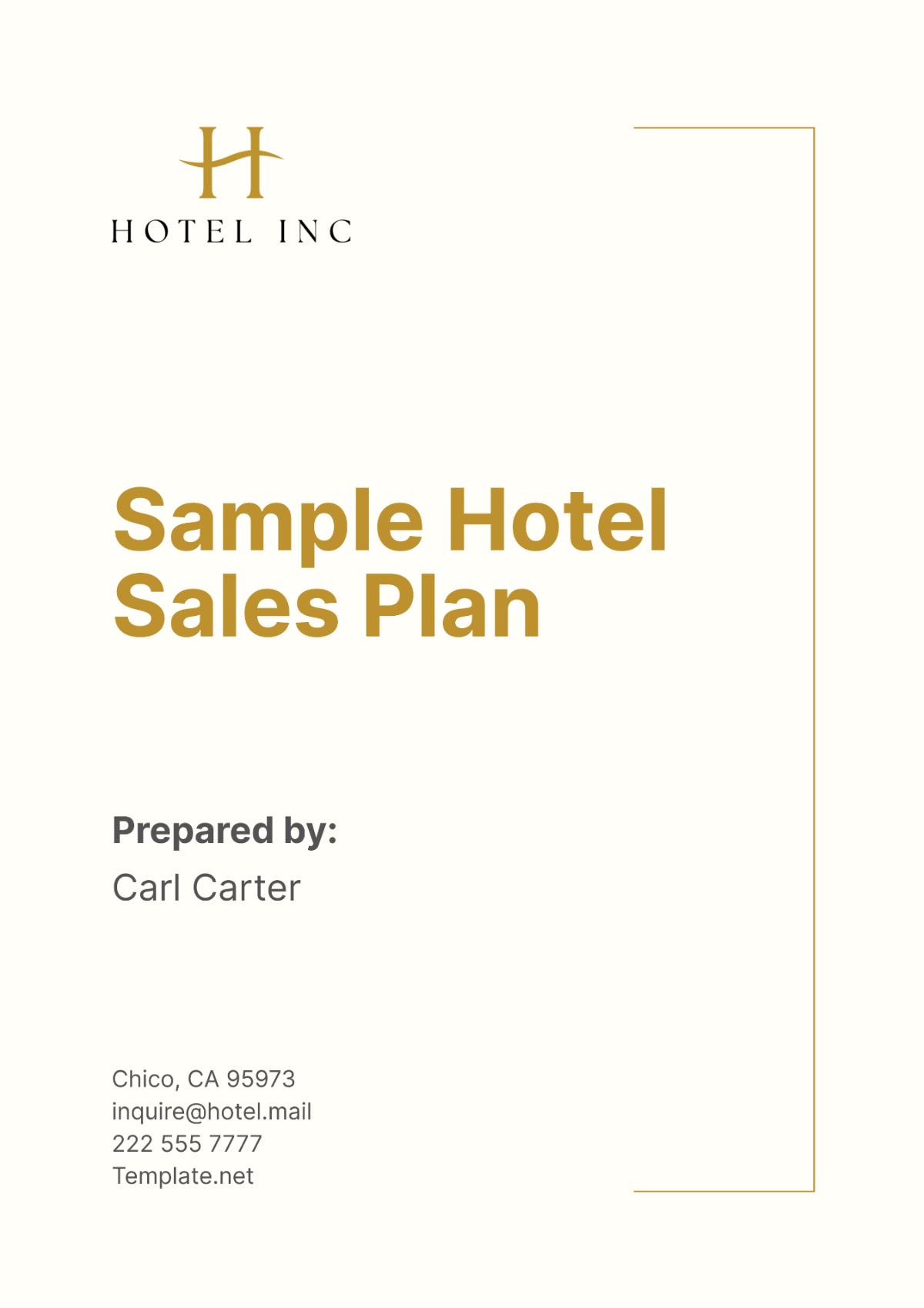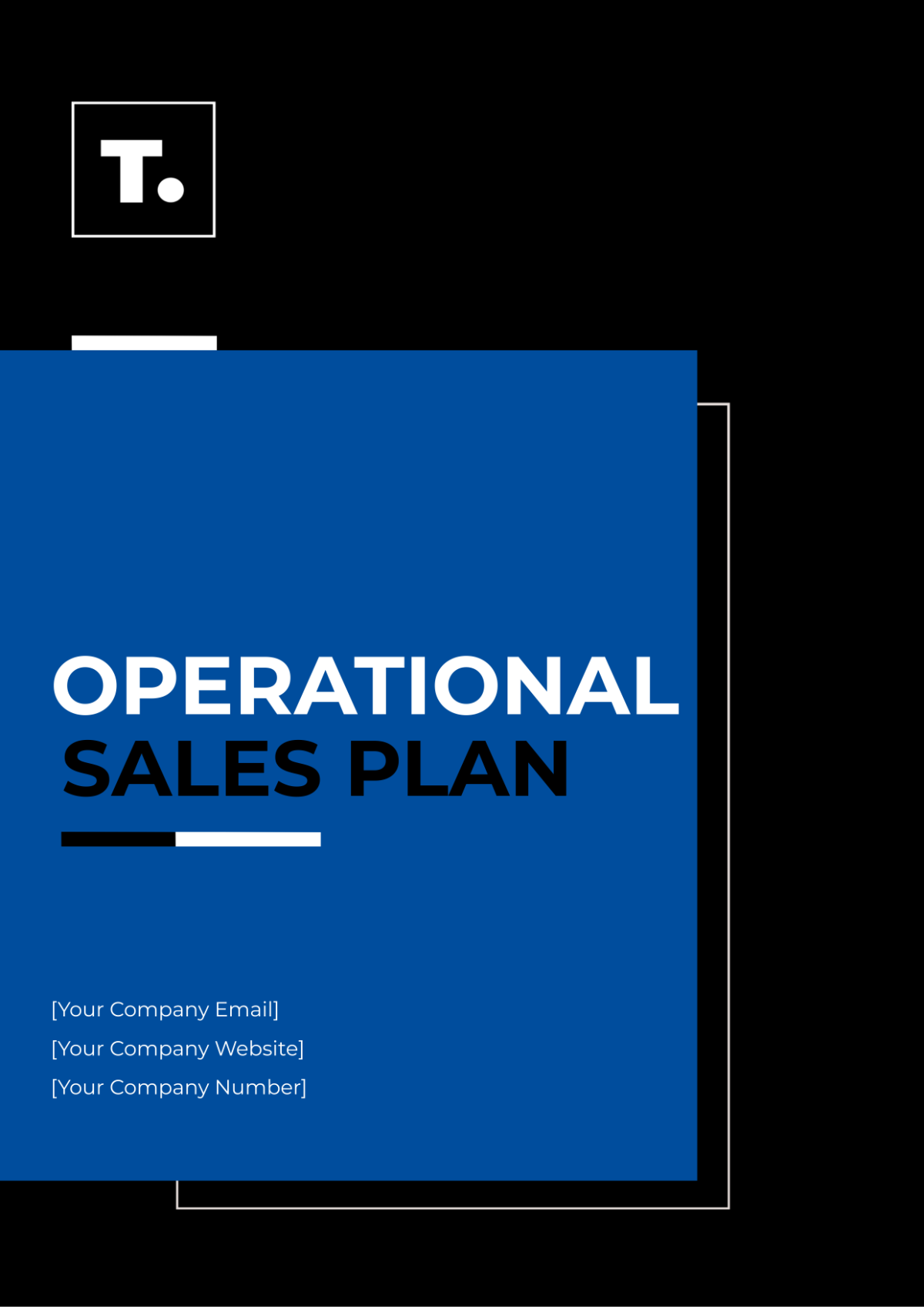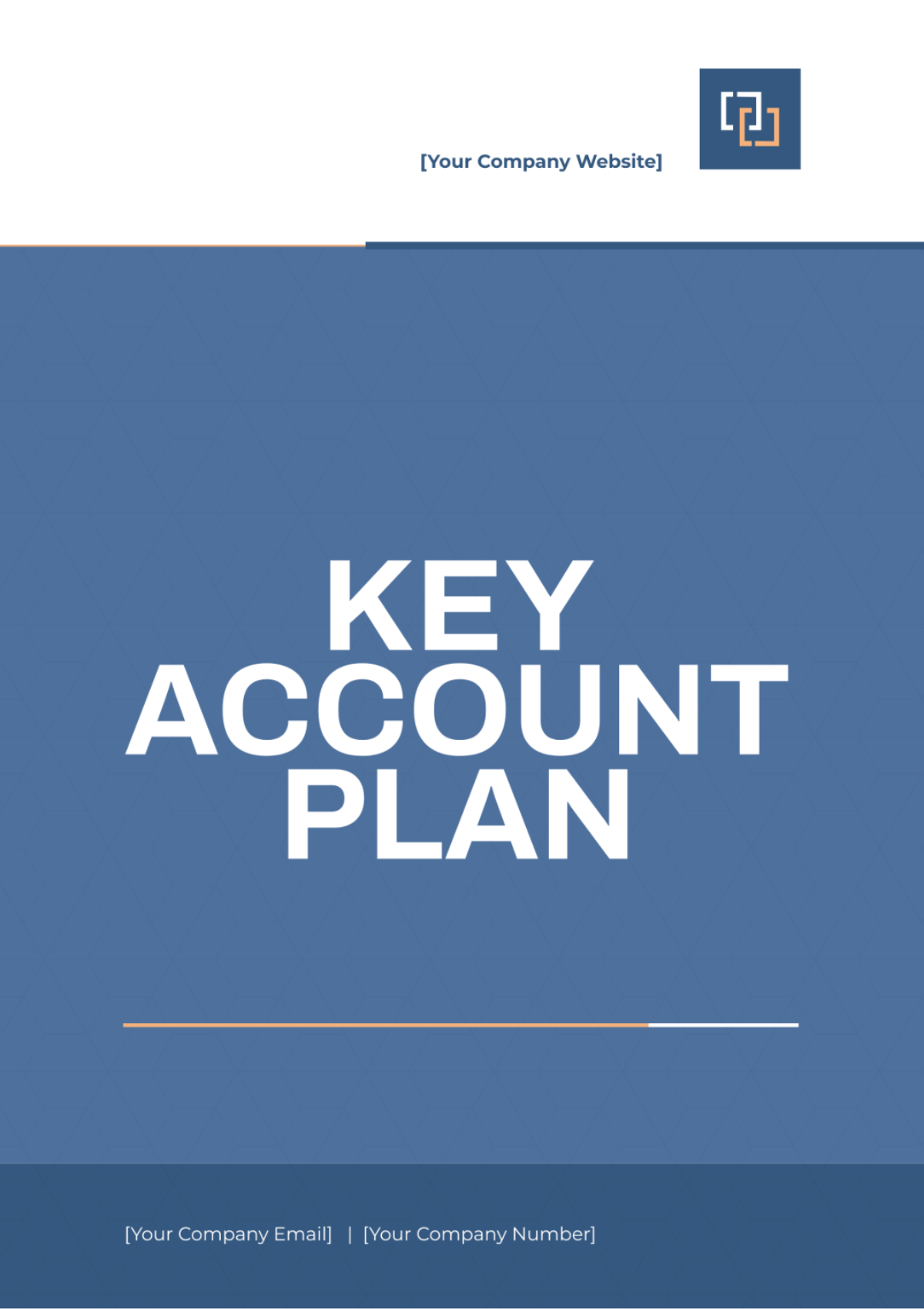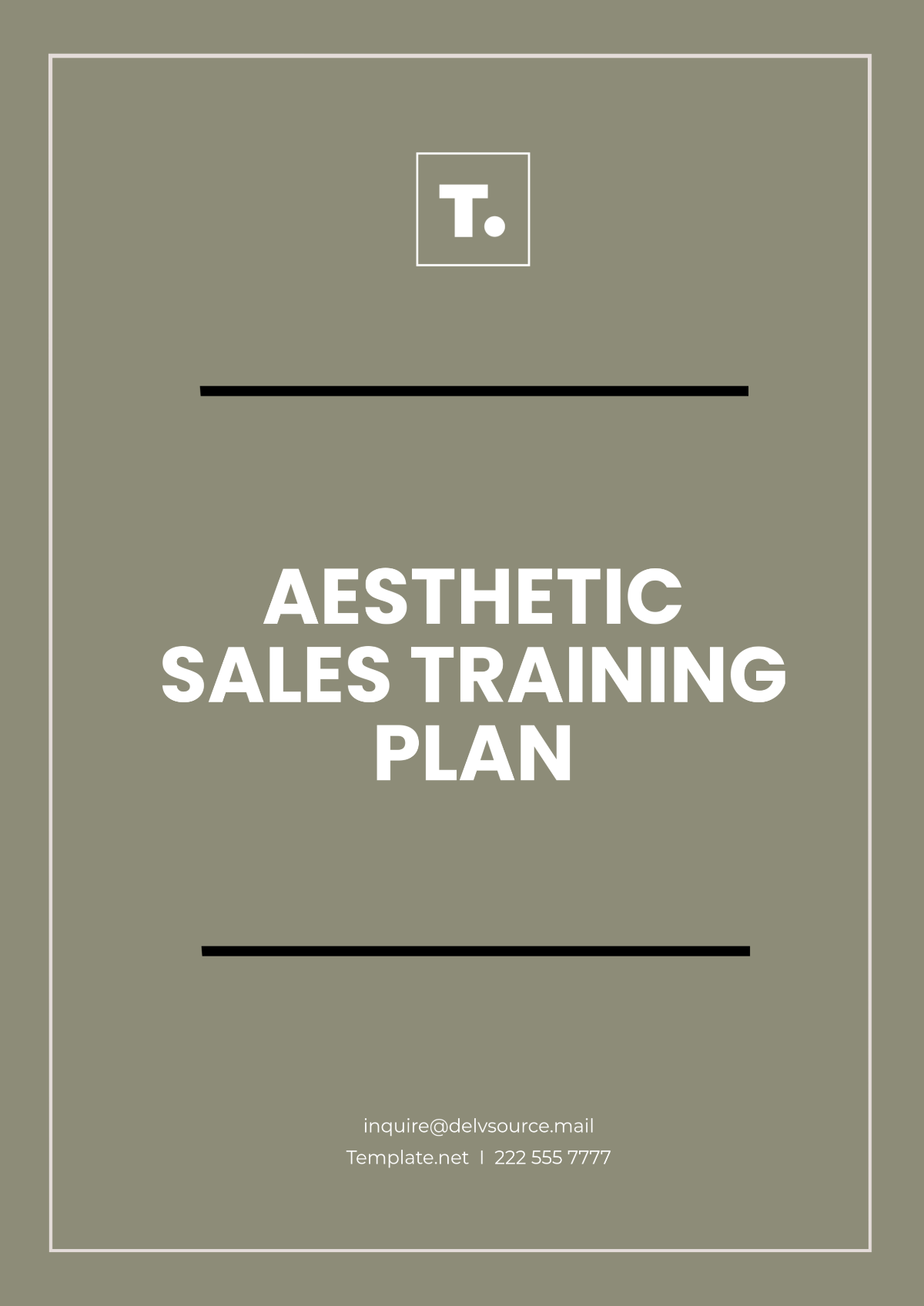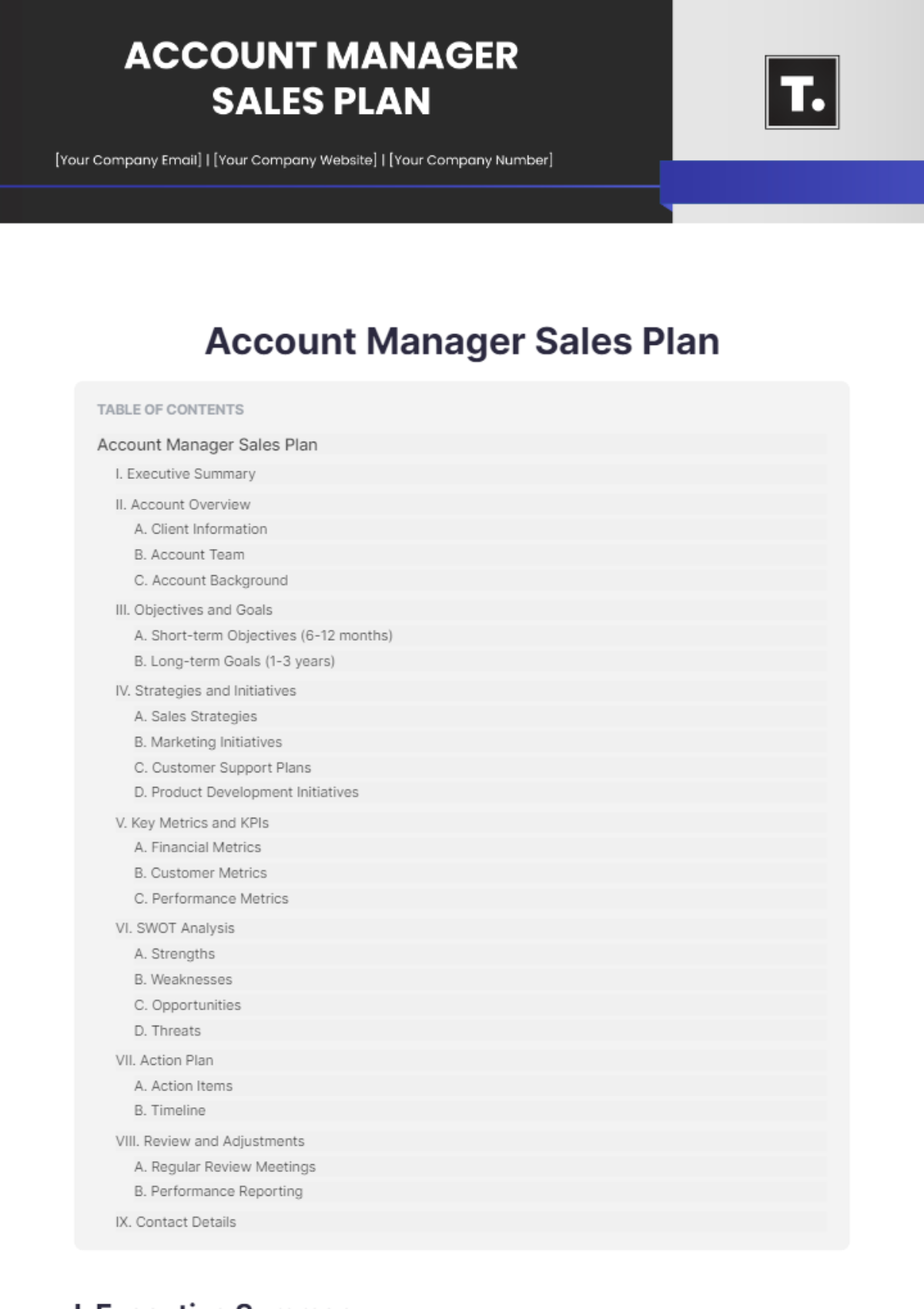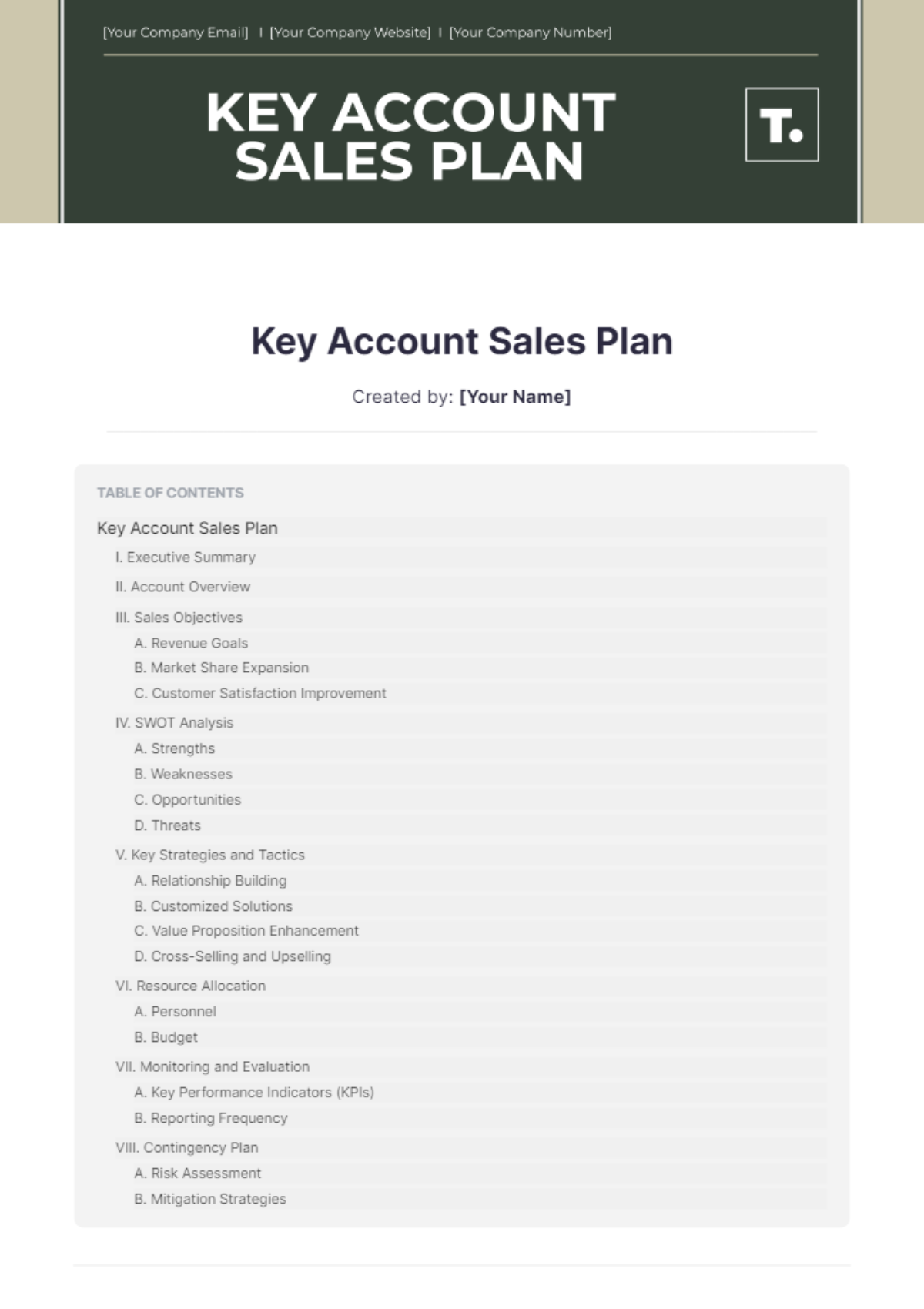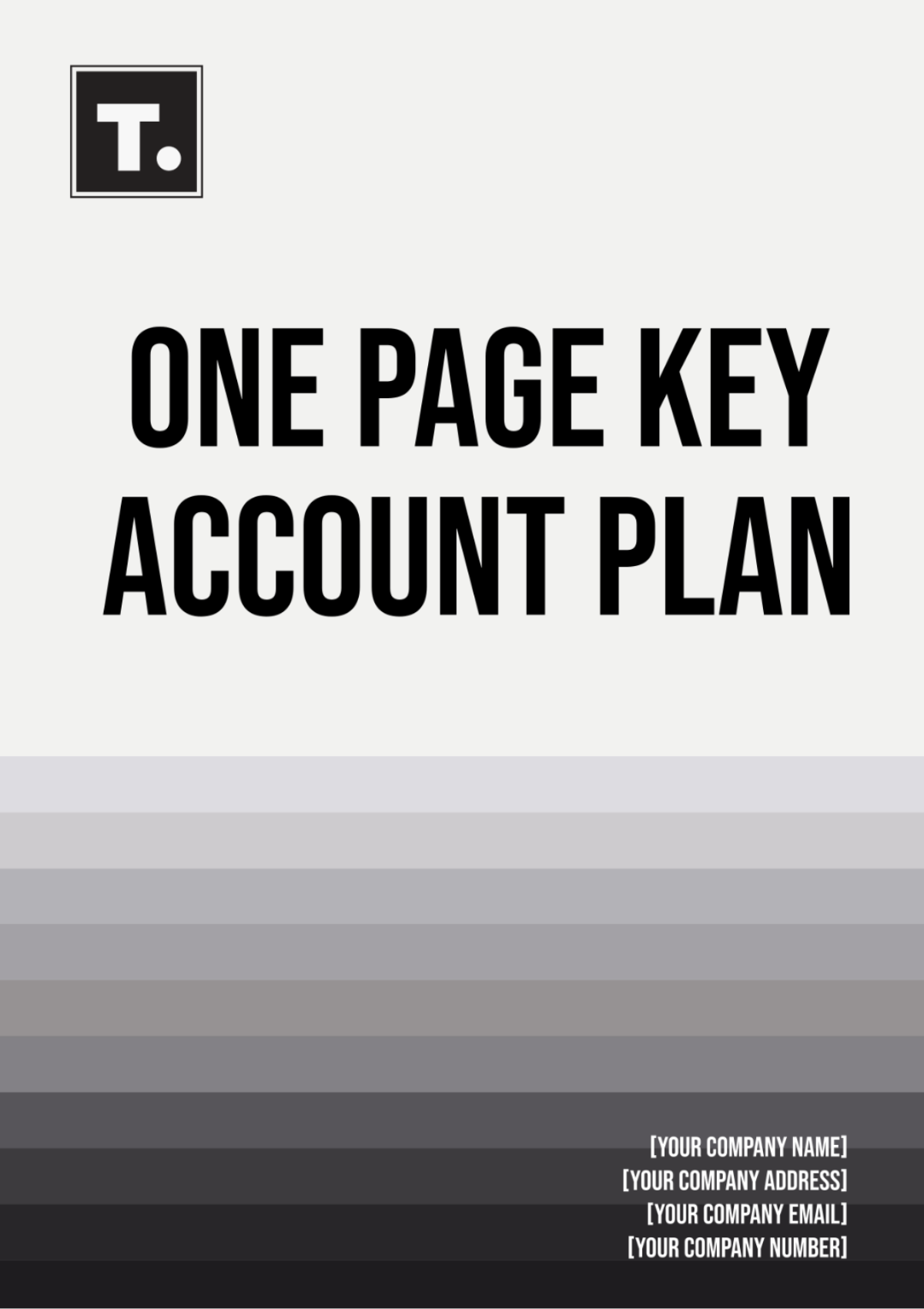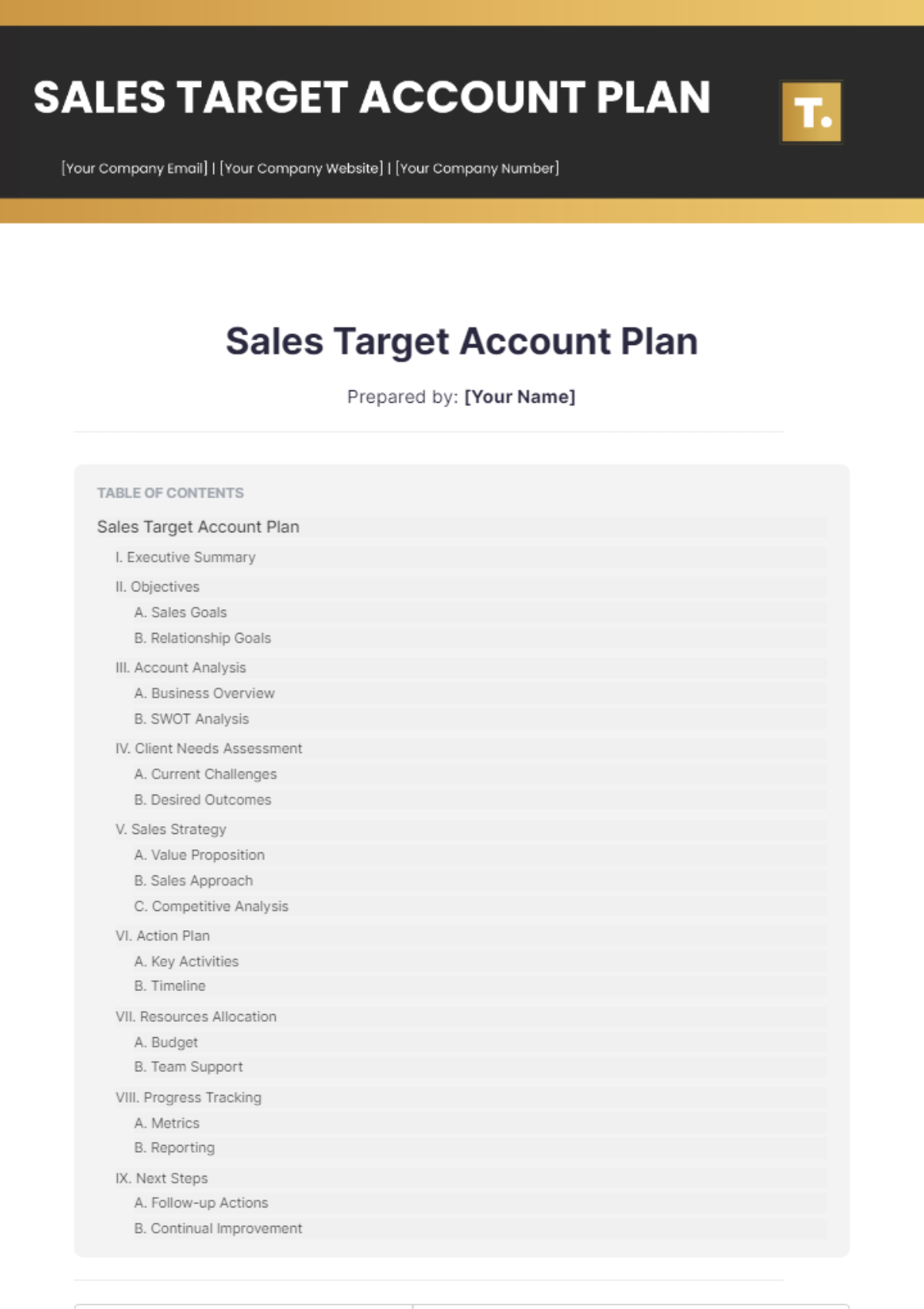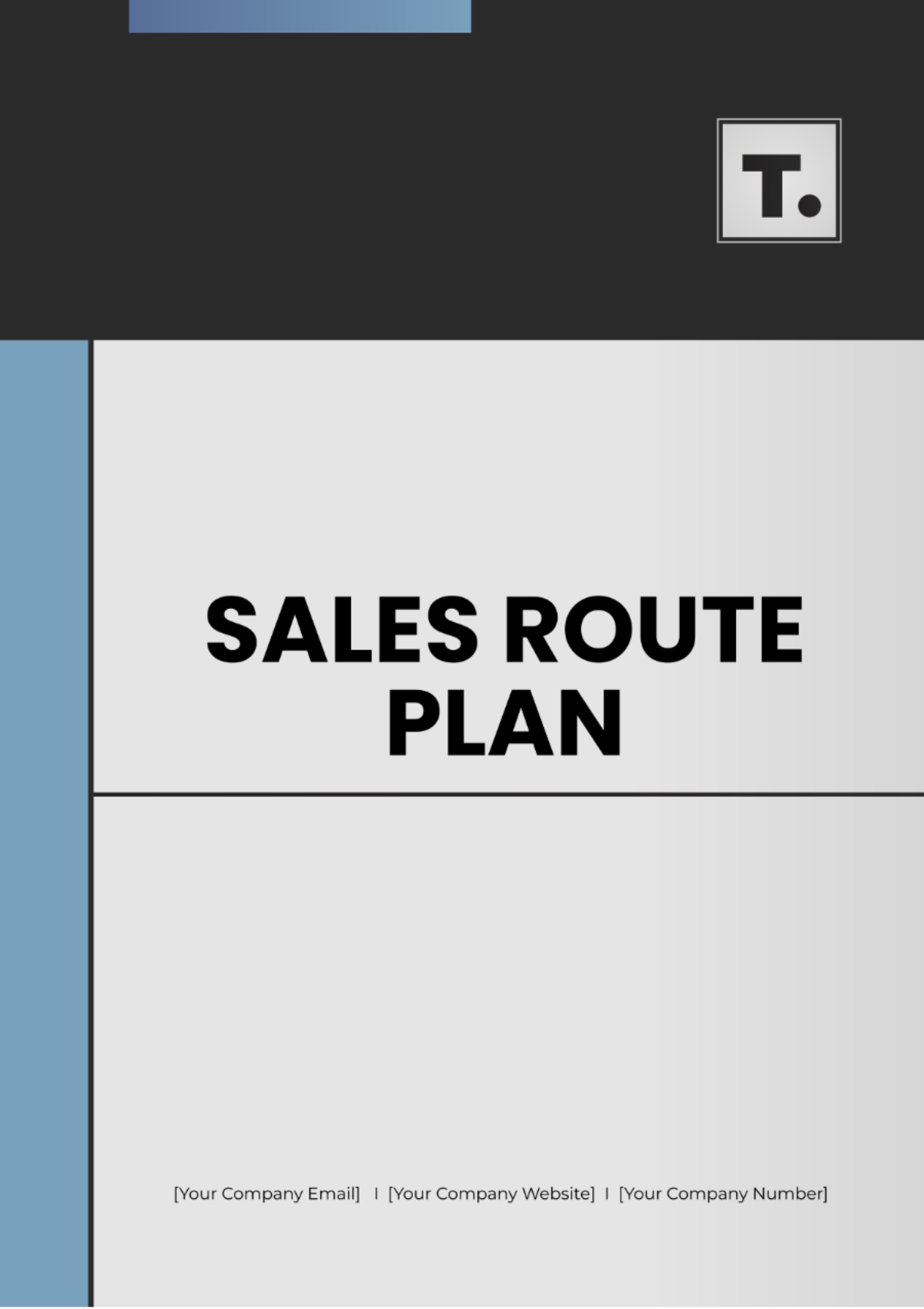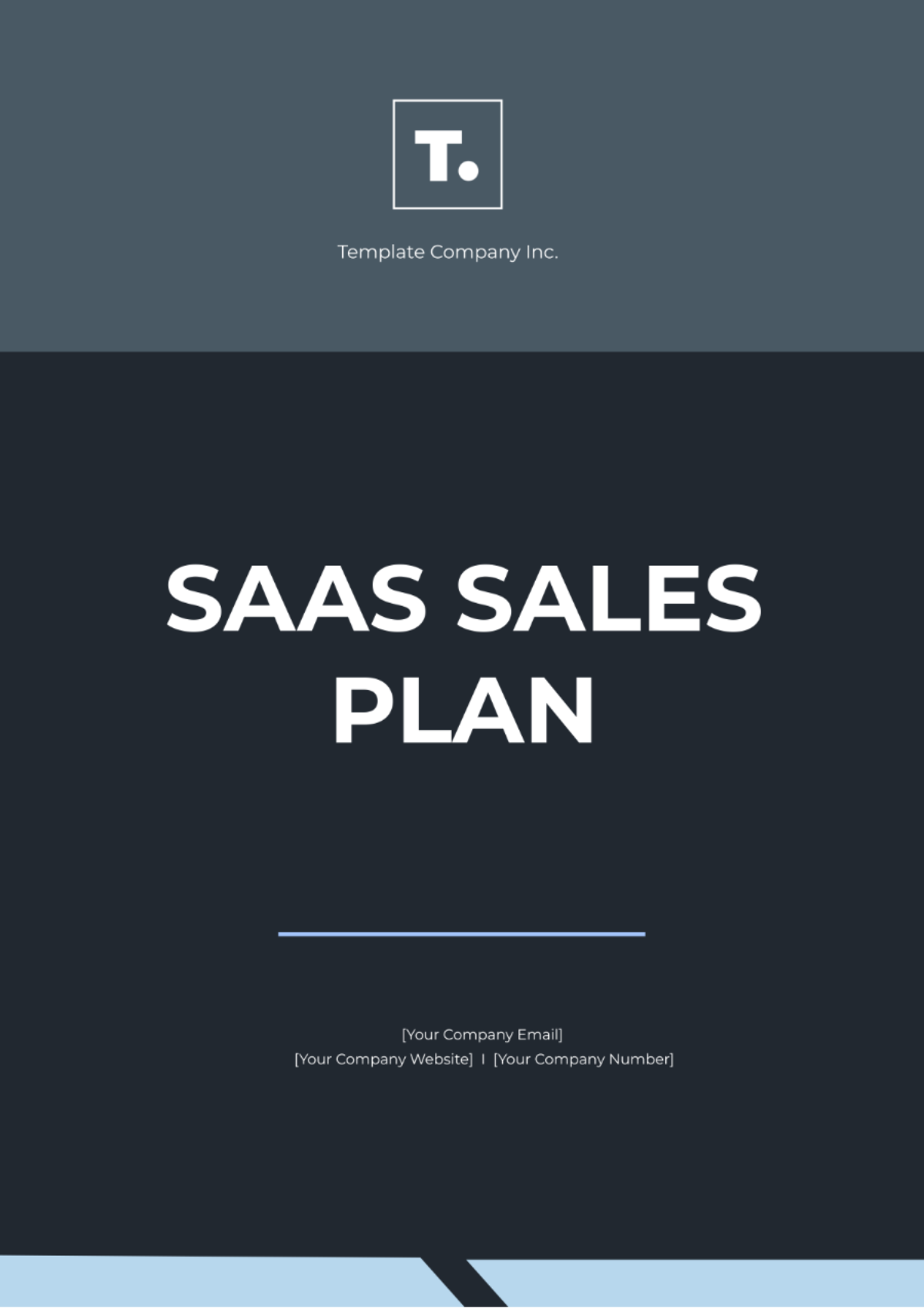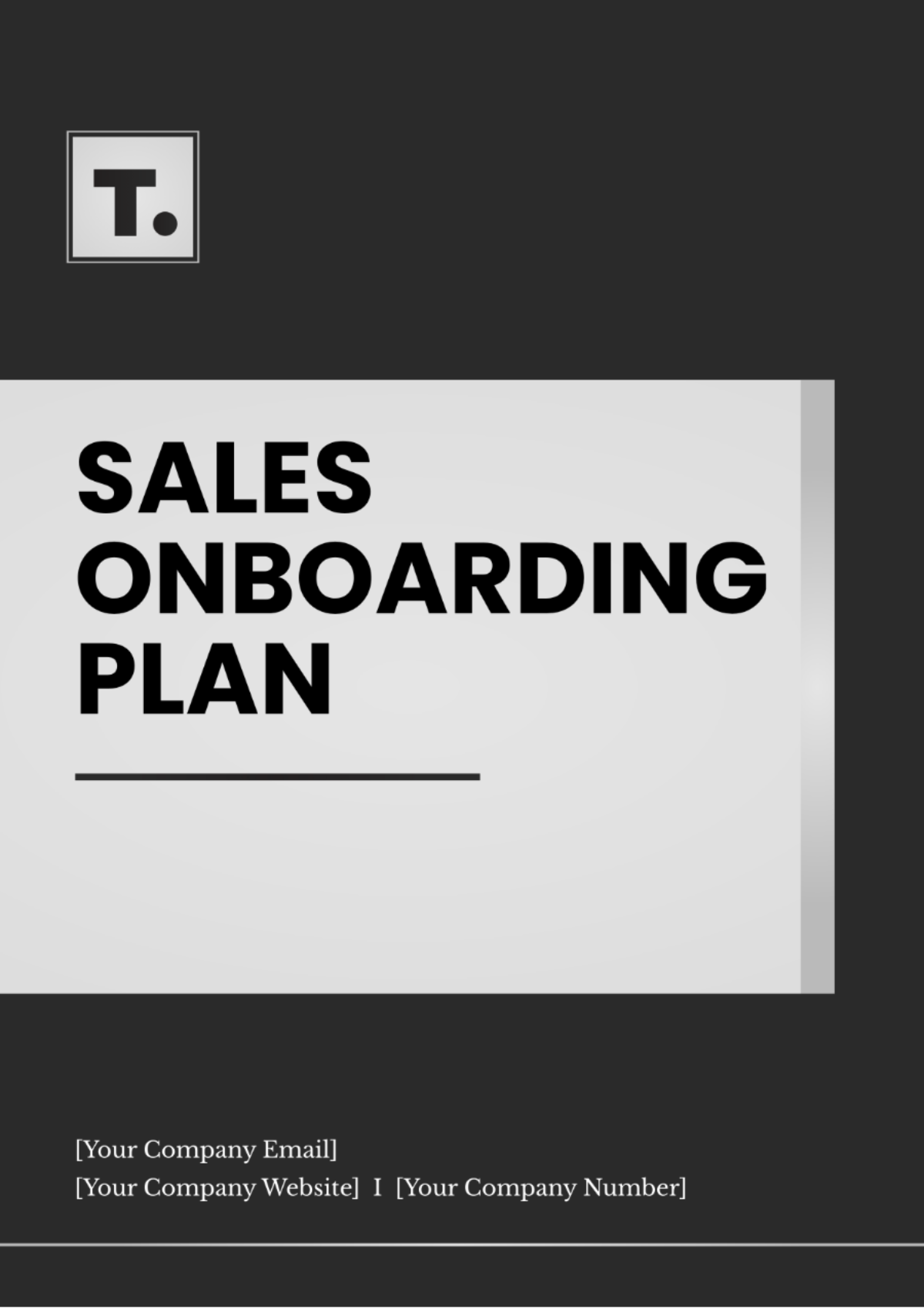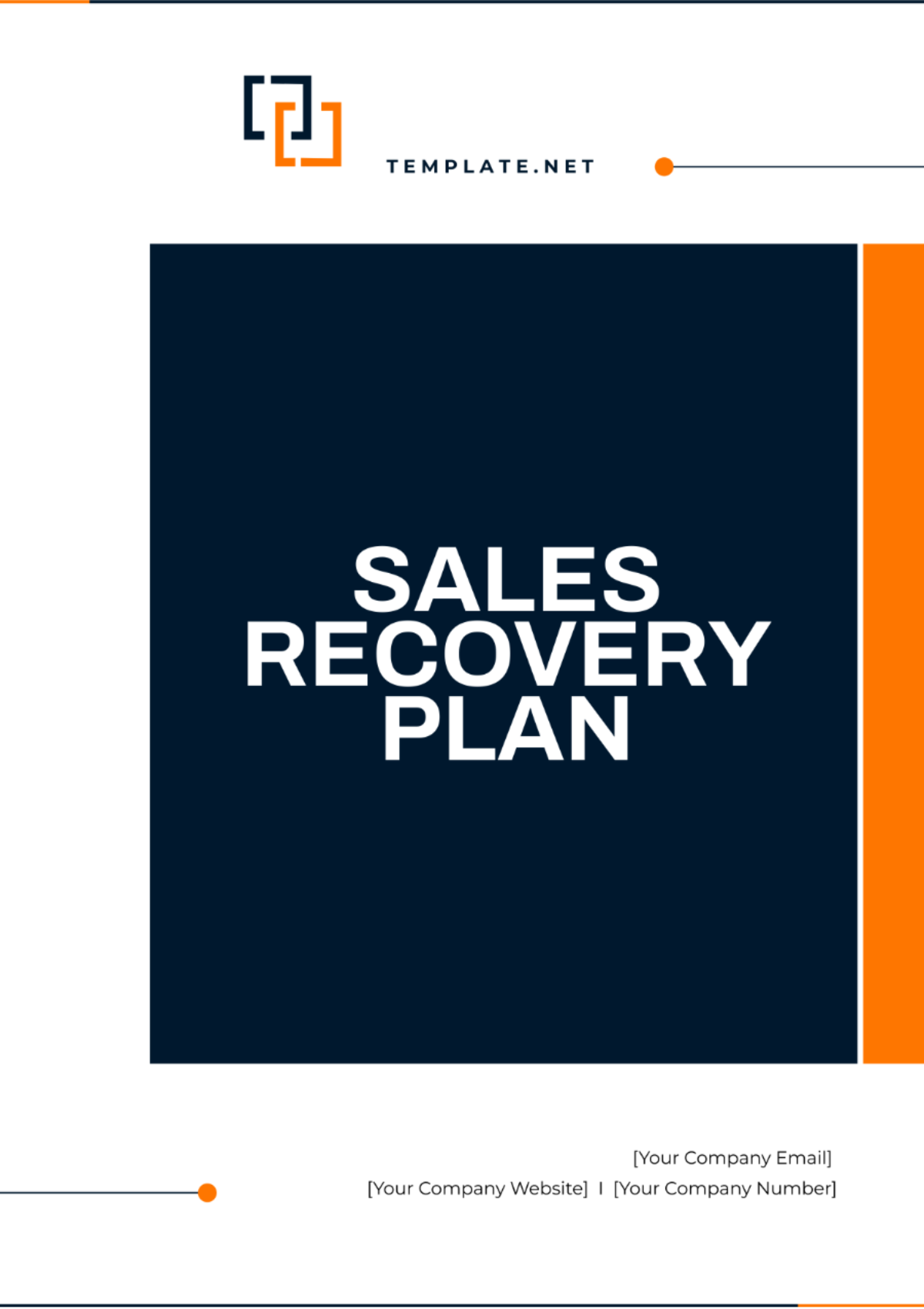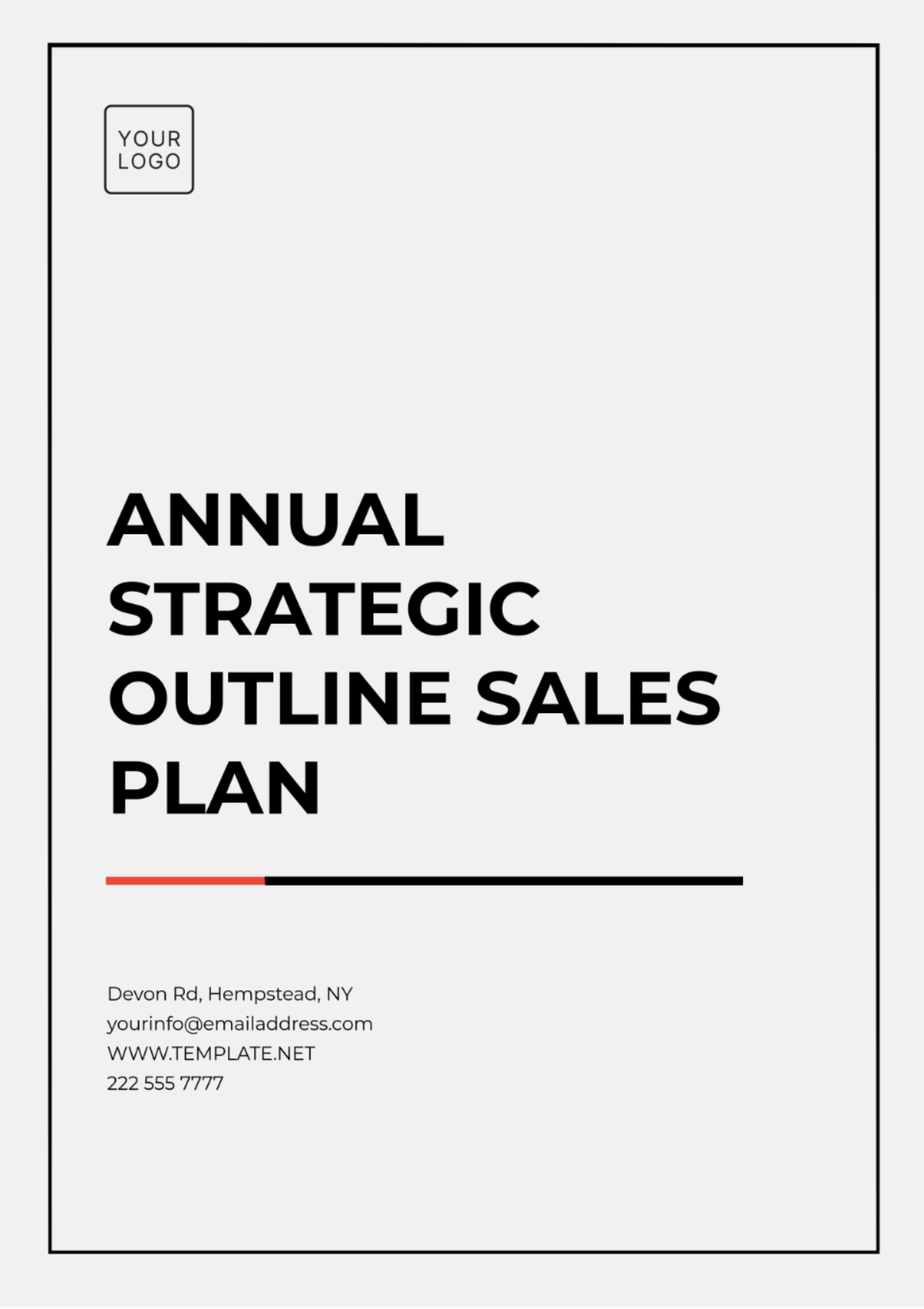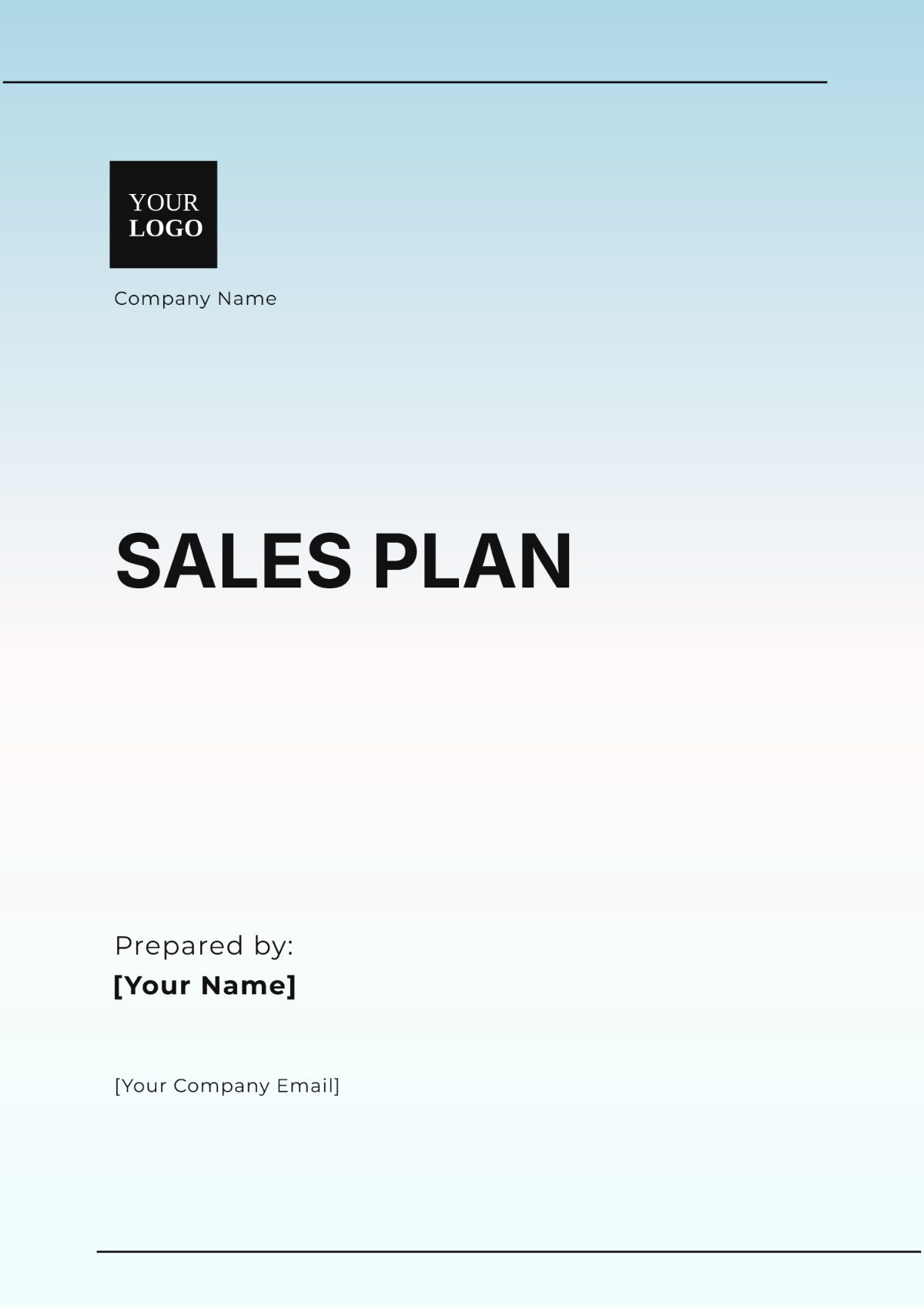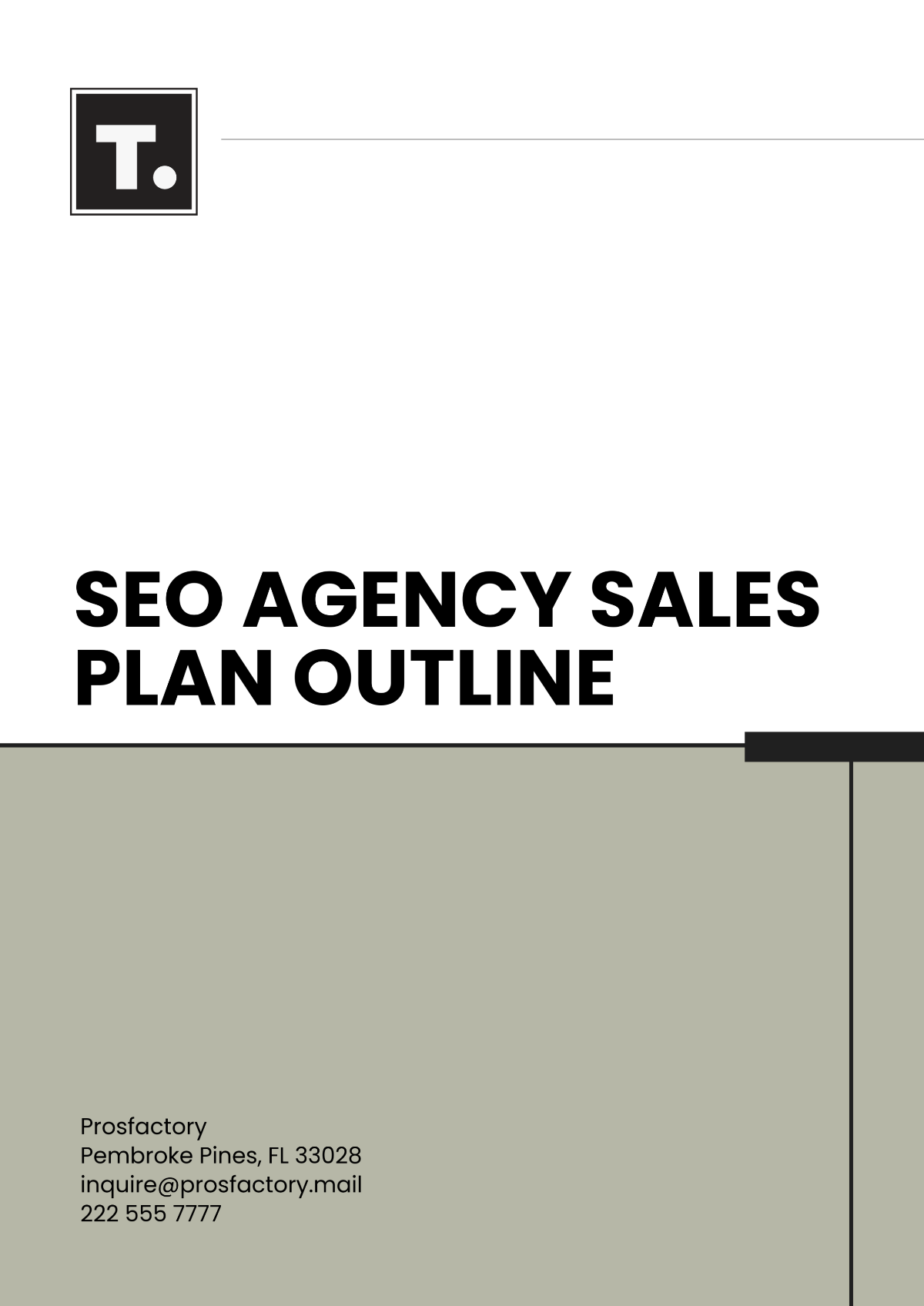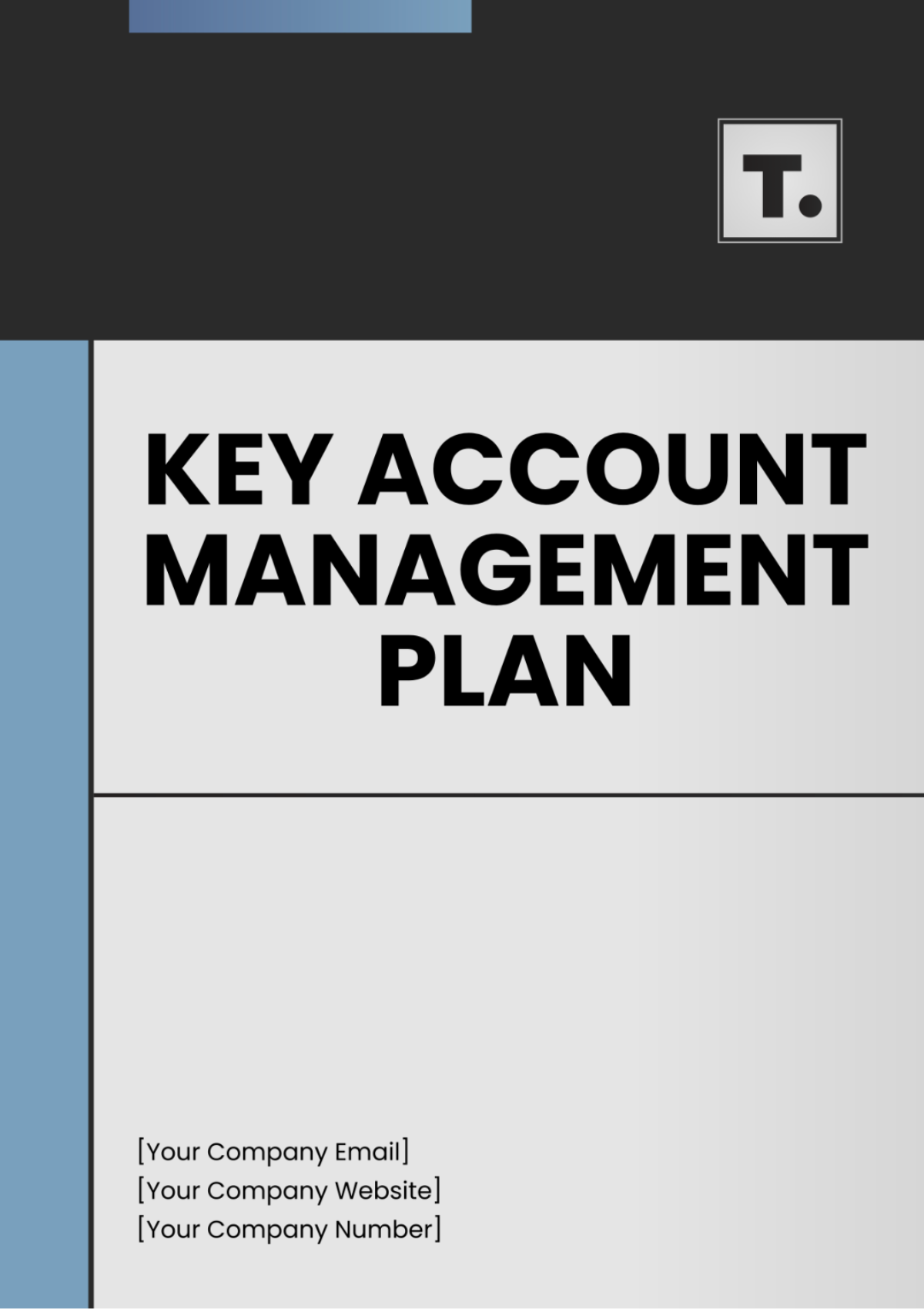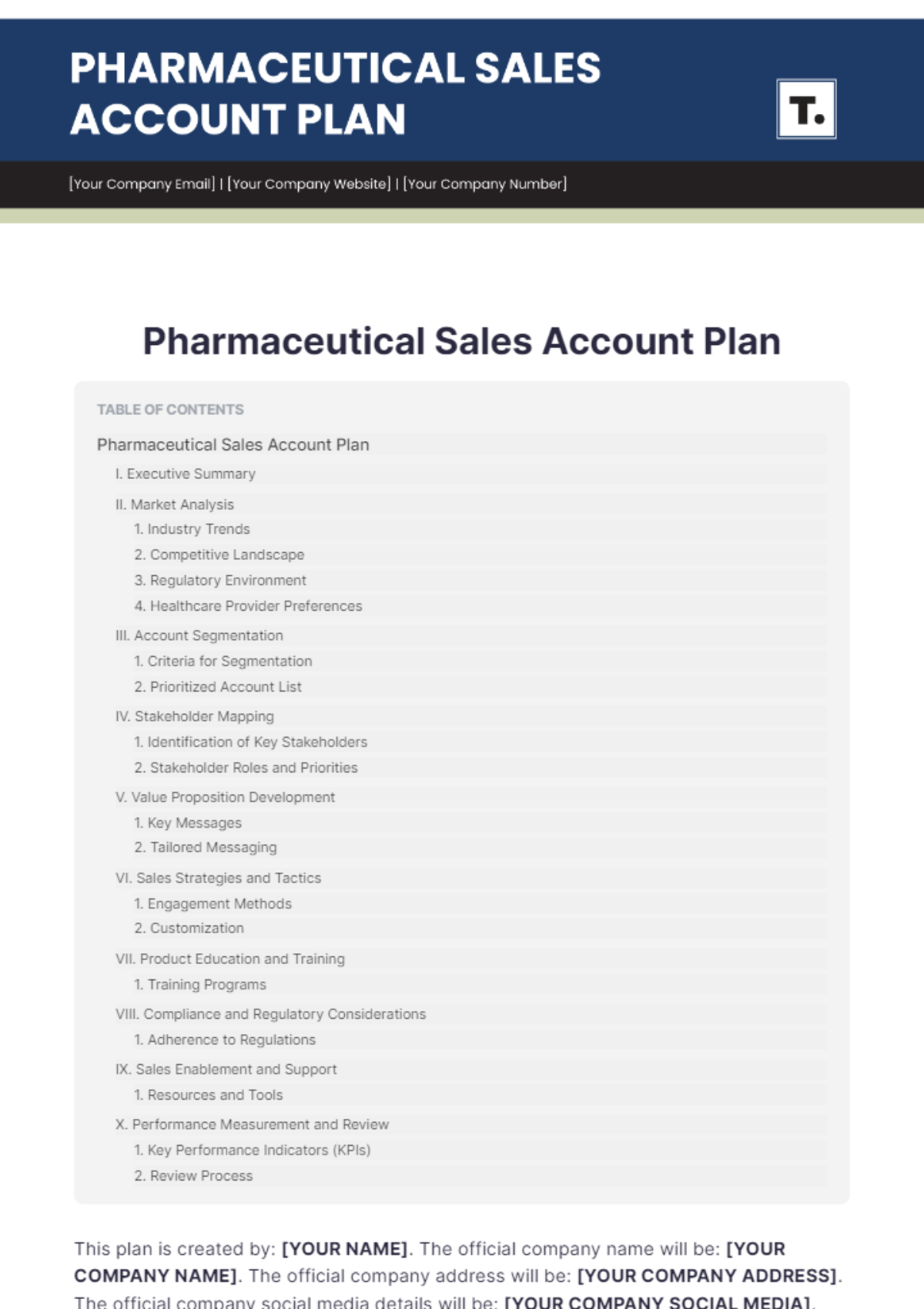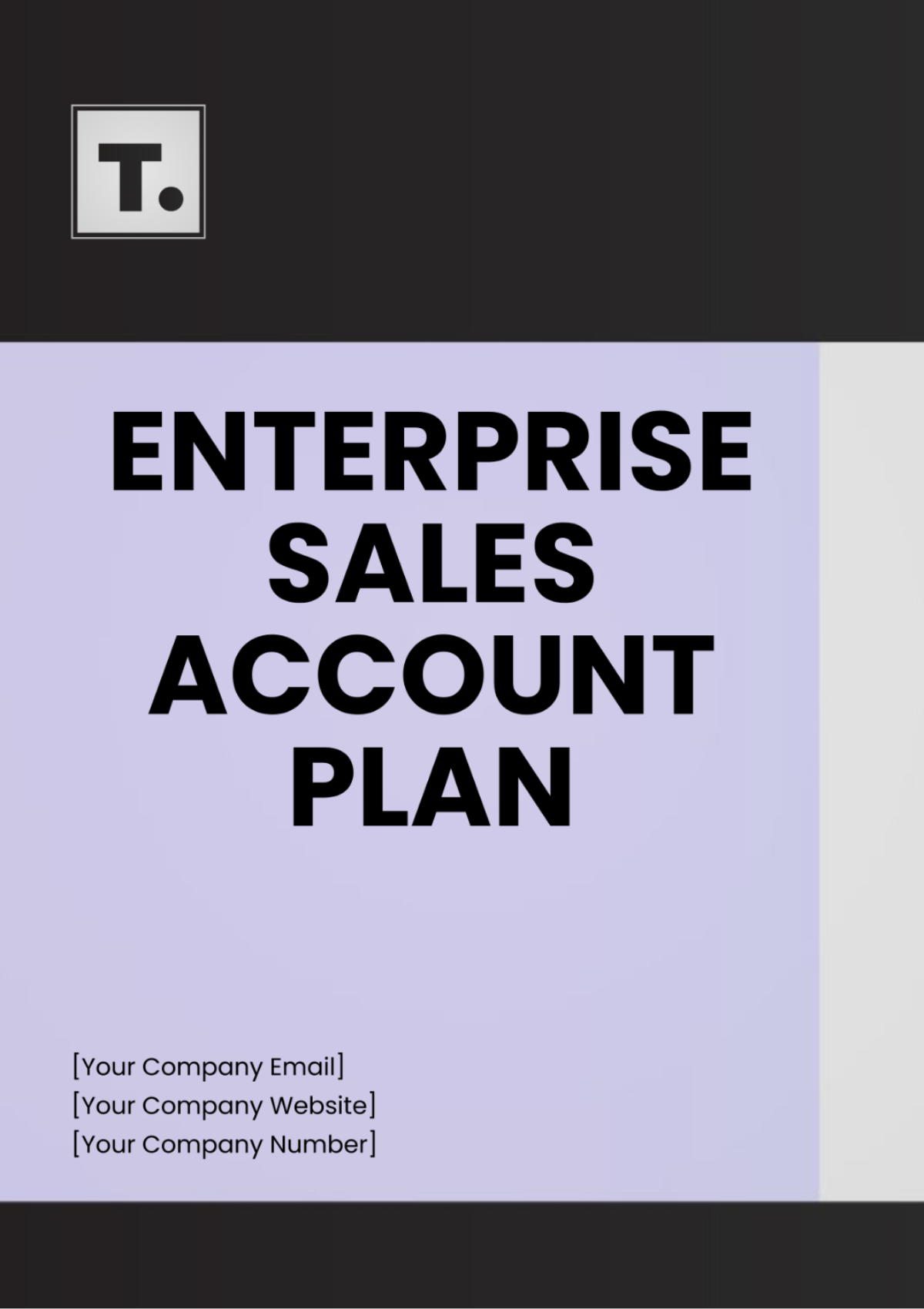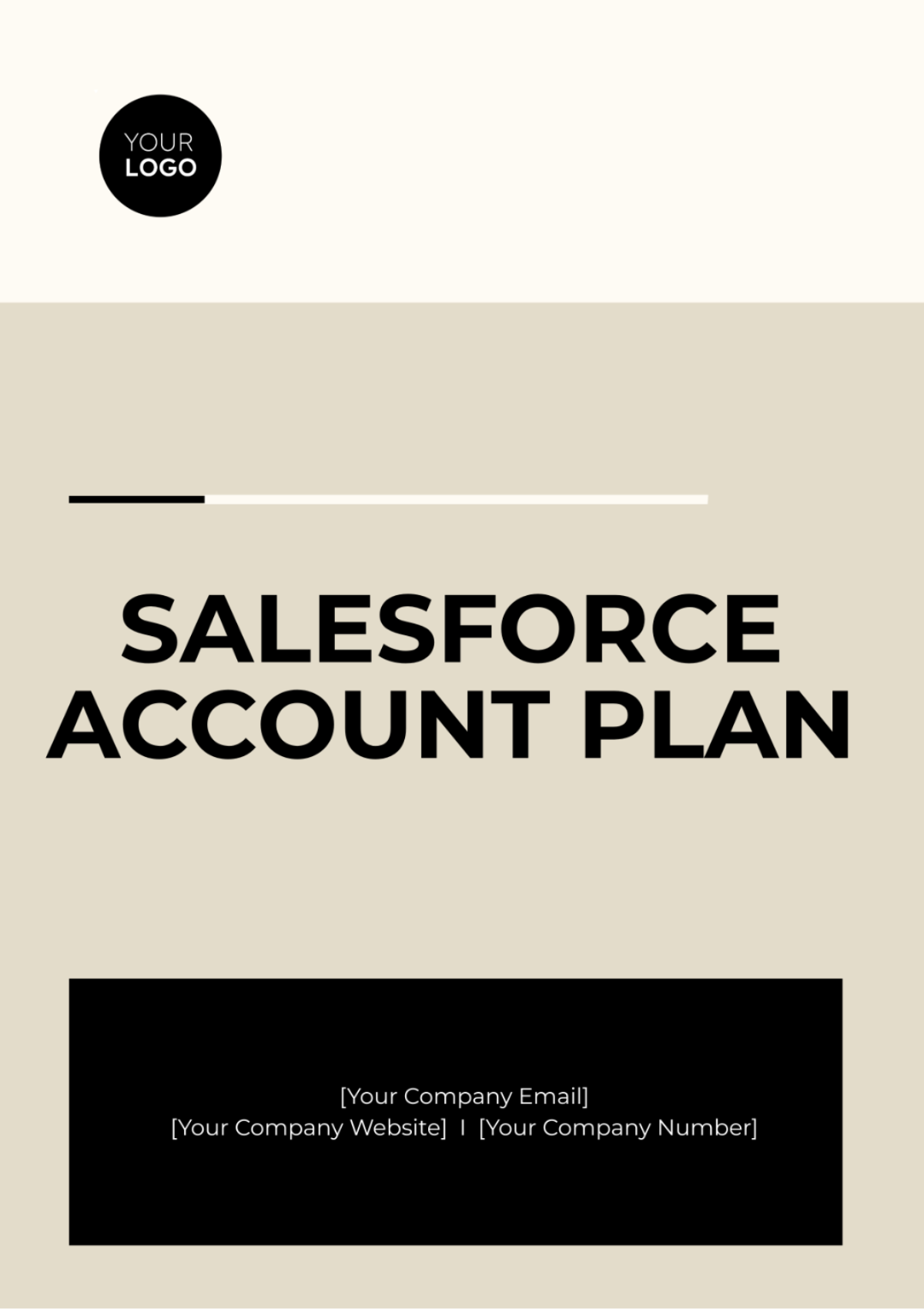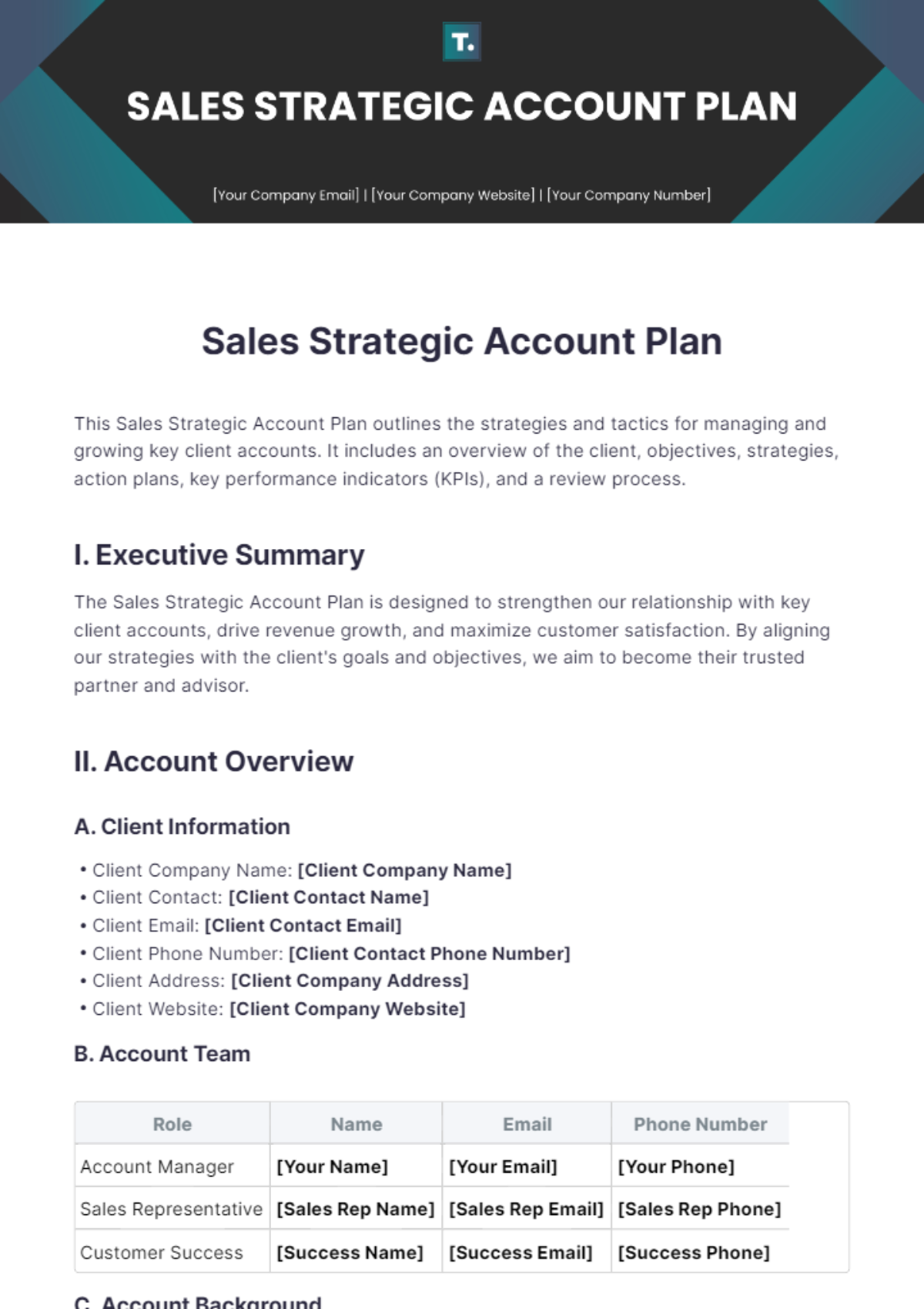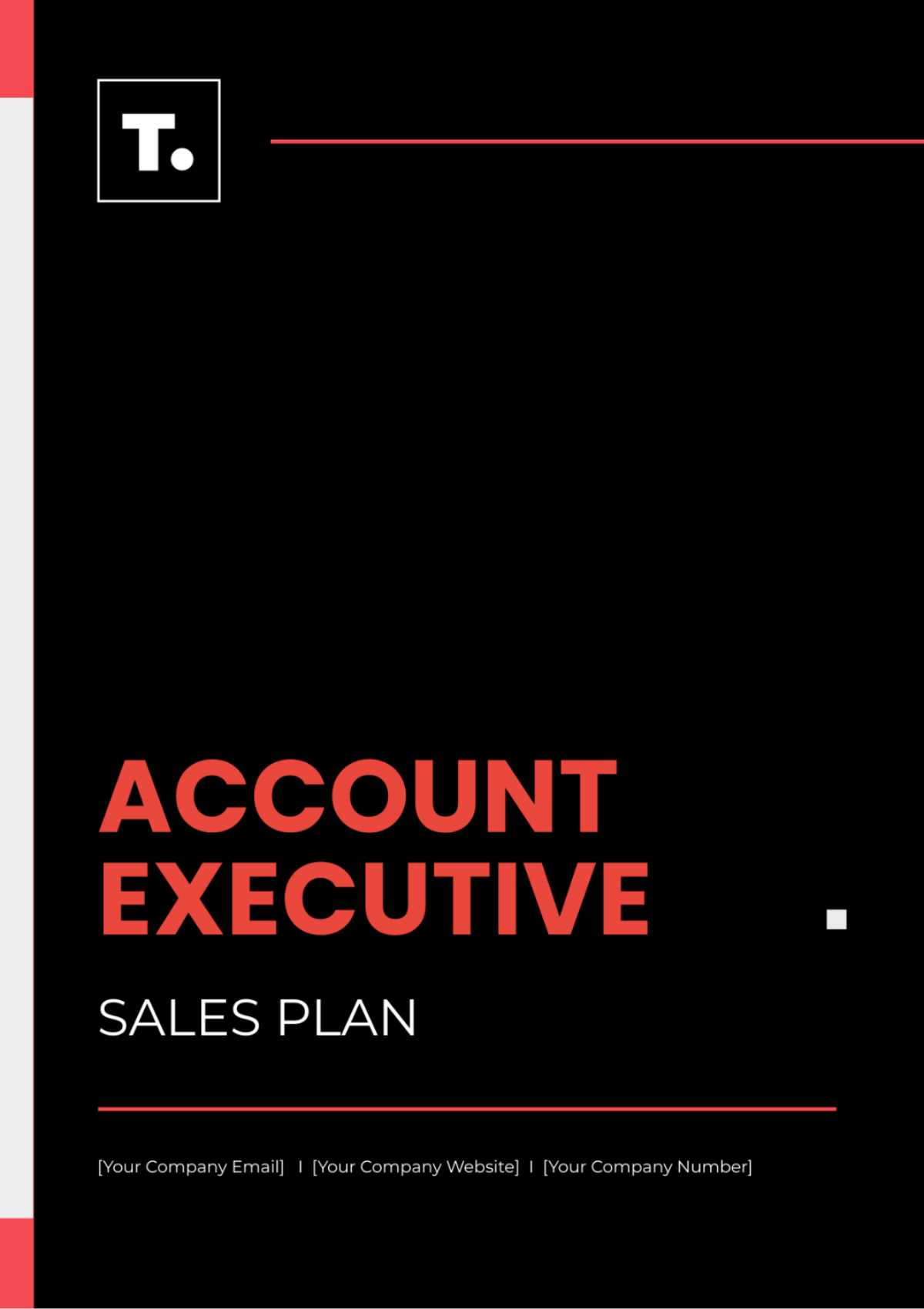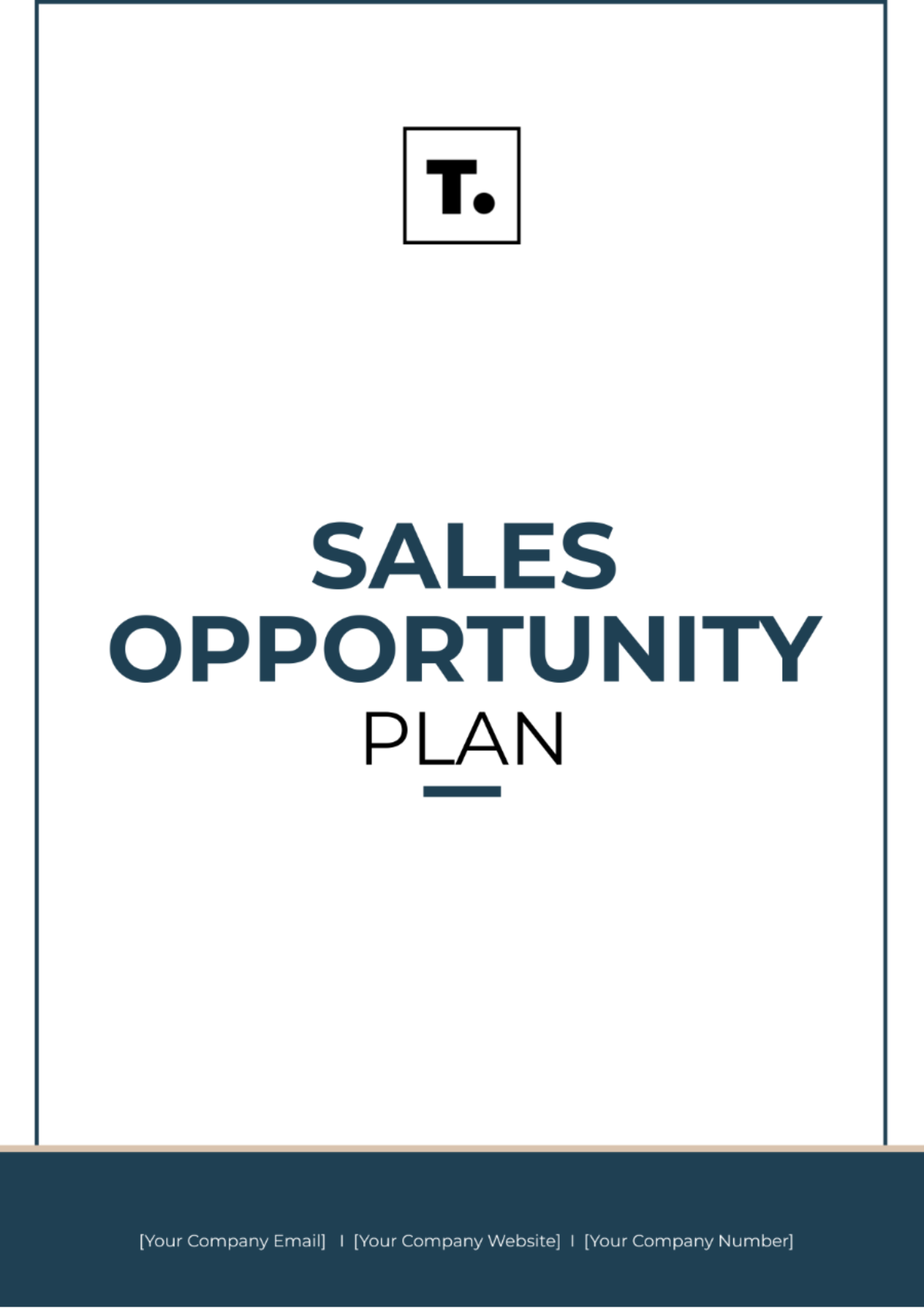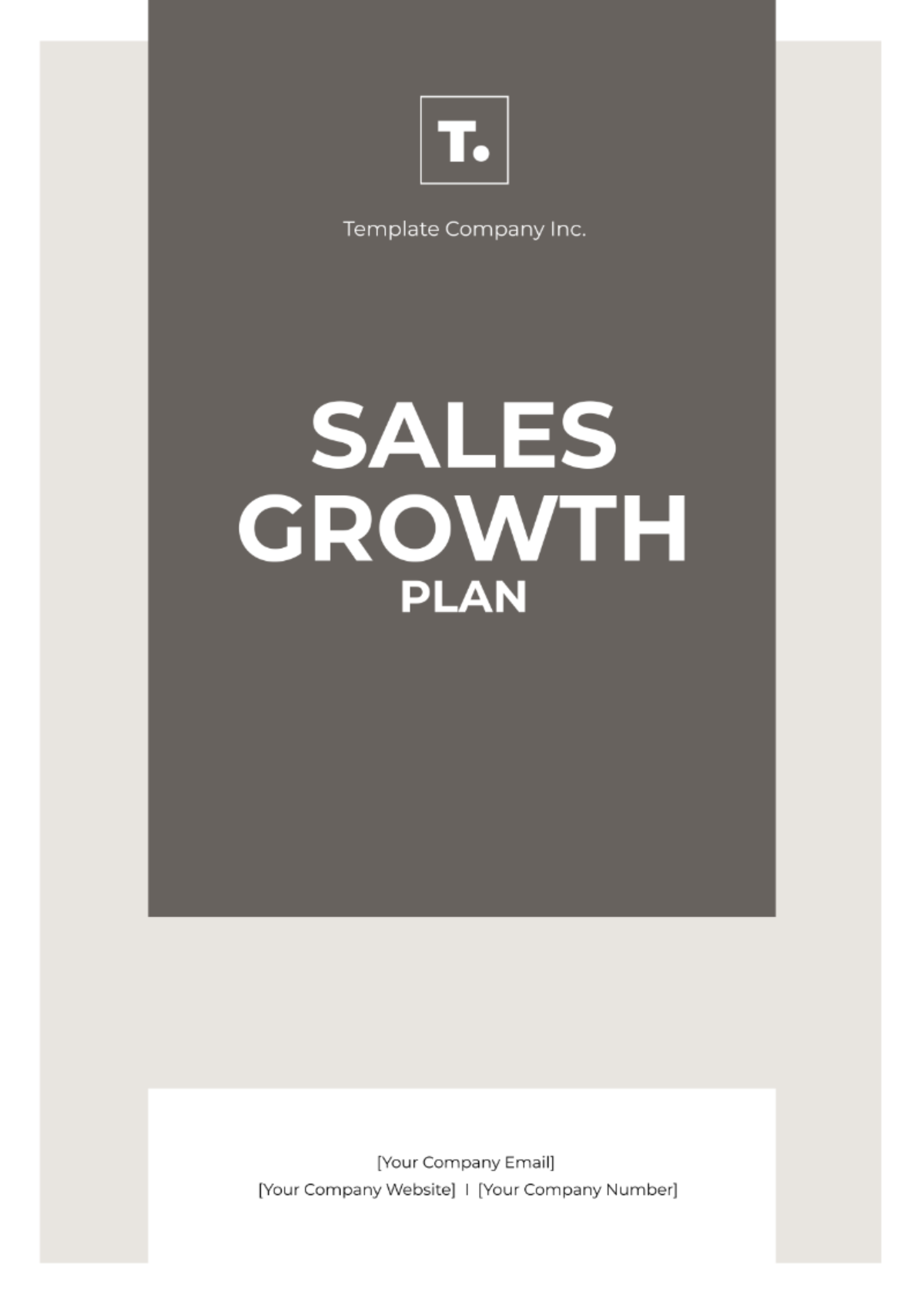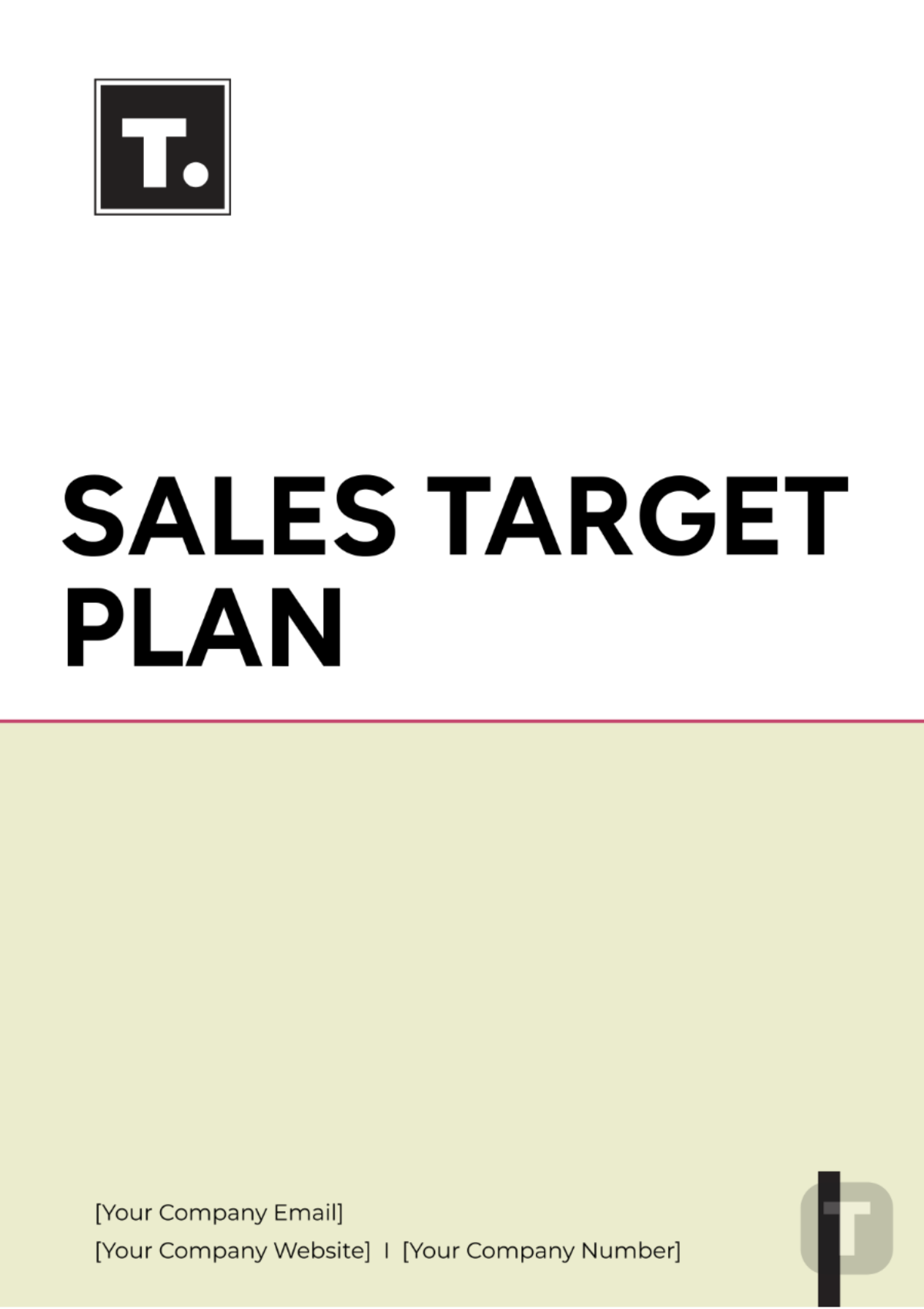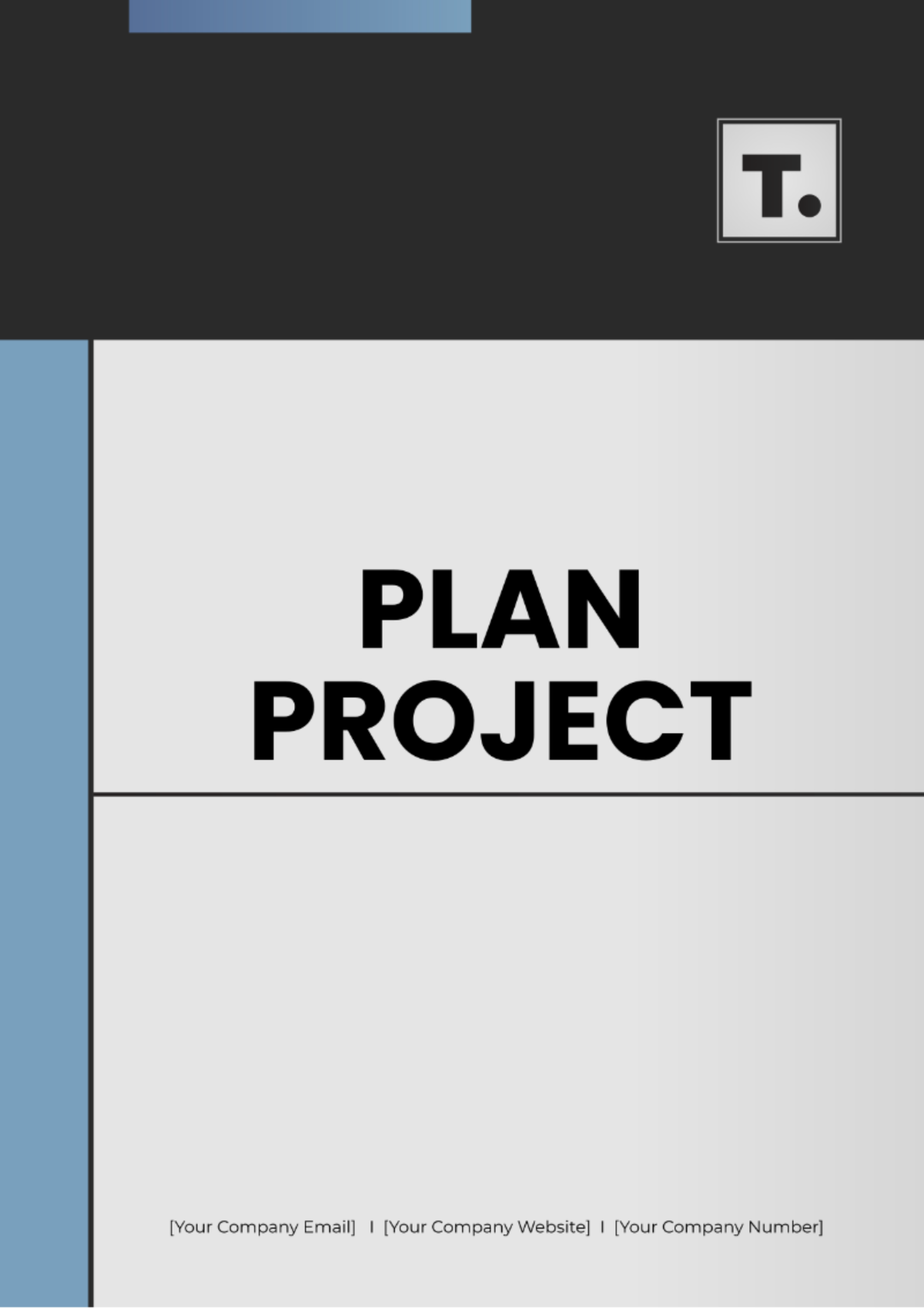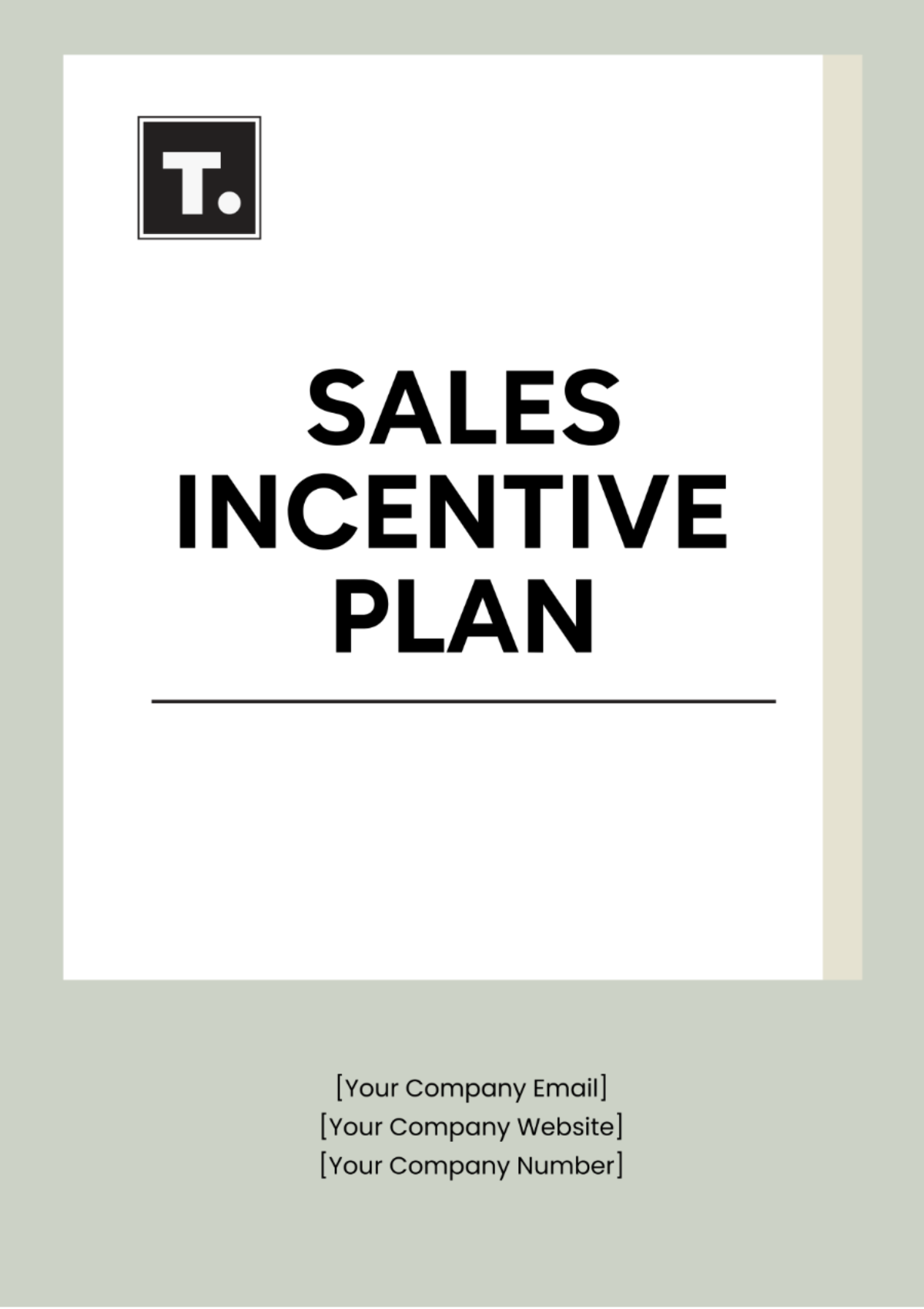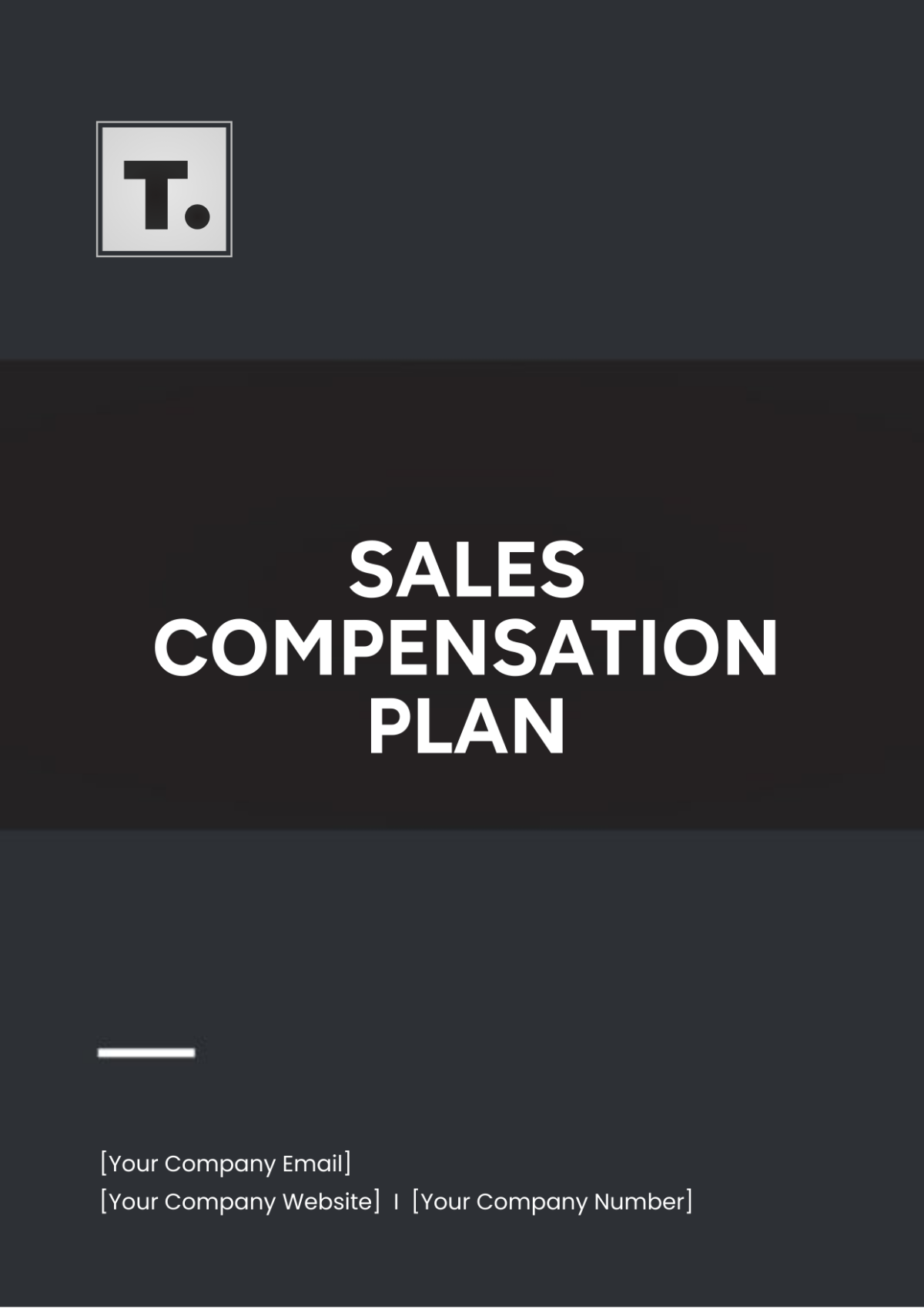SALES ONBOARDING PLAN
Written by: [Your Name]
I. Introduction and Objectives
The Sales Onboarding Plan at [Your Company Name] is designed to seamlessly integrate new sales team members into our organization while ensuring they quickly become productive contributors aligned with our company's sales objectives. This comprehensive plan encompasses training, orientation, mentorship, and ongoing support strategies tailored to the unique needs of our sales team.
Pre-Onboarding Preparation
HR Paperwork Completion: Ensure all necessary HR paperwork, including employment contracts, tax forms, and benefits enrollment, is completed before the new hire's start date at [Your Company Name].
Equipment and Tools Setup: Procure and set up required tools and technology, such as laptops, phones, access to CRM systems, and relevant software, for new hires joining [Your Company Name].
Welcome Kit and Company Materials: Provide new hires at [Your Company Name] with a welcome kit containing essential company materials, including employee handbooks, organizational charts, and culture guides.
II. Orientation and Company Overview
Company History and Culture: Conduct an in-depth overview of our company's history, mission, vision, values, organizational structure, and culture at [Your Company Name] to familiarize new hires with our identity and ethos.
Introduction to Key Stakeholders: Facilitate introductions to key stakeholders across departments at [Your Company Name], including executives, team leads, and support staff, to promote cross-functional understanding and collaboration.
III. Product/Service Training
Product Portfolio Deep Dive: Provide comprehensive training on our products/services at [Your Company Name], including features, benefits, competitive advantages, target market segments, and sales strategies.
Market Analysis and Customer Personas: Educate new hires at [Your Company Name] on market trends, competitor analysis, customer personas, pain points, and value propositions to enhance their sales approach.
IV. Sales Process and Techniques
Sales Methodology Training: Introduce new hires at [Your Company Name] to our sales methodology, including lead generation tactics, qualification criteria, objection handling techniques, negotiation strategies, and closing methodologies.
Role-Playing and Scenario-Based Training: Conduct interactive role-playing sessions and scenario-based training exercises at [Your Company Name] to simulate real-world sales situations, enhance skills application, and build confidence.
V. CRM System and Tools Training
CRM System Navigation: Provide hands-on training on navigating our CRM system at [Your Company Name], entering and managing leads, contacts, opportunities, and activities, generating reports, and utilizing sales automation features.
Integration with Sales Tools: Demonstrate integration with other sales tools and platforms at [Your Company Name], such as email marketing software, analytics tools, and proposal generation tools, to streamline workflows and enhance efficiency.
VI. Mentorship and Coaching
Assigned Mentorship Program: Pair new hires at [Your Company Name] with experienced mentors who provide guidance, support, feedback, and coaching throughout the onboarding period and beyond.
Regular Check-Ins and Progress Reviews: Conduct regular check-ins, progress reviews, and performance evaluations at [Your Company Name] to track new hires' development, address challenges, and provide ongoing support.
VII. Performance Expectations and Goal Setting
Goal Alignment: Align new hires' individual goals and targets with team and company objectives at [Your Company Name] to foster a sense of purpose, motivation, and accountability.
Key Performance Indicators (KPIs): Define clear KPIs, metrics, and milestones for measuring new hires' performance, productivity, and success in their roles at [Your Company Name].
VIII. Feedback and Continuous Improvement
Feedback Channels: Establish open feedback channels at [Your Company Name], such as surveys, focus groups, and one-on-one discussions, to gather input from new hires regarding the onboarding experience, training effectiveness, and support needs.
Continuous Iteration: Use feedback data and performance analytics at [Your Company Name] to iterate and improve the onboarding program, training materials, processes, and resources for future cohorts.
IX. Retention Strategies and Career Development
Career Path Discussions: Initiate career path discussions, development planning, and growth opportunities exploration at [Your Company Name] to engage new hires, demonstrate long-term prospects within the company, and encourage retention.
Recognition and Rewards Programs: Implement recognition programs, incentives, rewards, and performance-based bonuses at [Your Company Name] to acknowledge achievements, motivate high performance, and reinforce a culture of excellence.
X. Training Schedule Overview
Week | Training Topic | Trainer | Training Format | Assessment |
|---|---|---|---|---|
Week 1 | Company Overview | HR Specialist | Presentation | Quiz, Q&A, Feedback Form |
Week 2 | Product Knowledge | Product Manager | Workshop | Role-play, Knowledge Test |
Week 3 | Sales Process and Techniques | Sales Director | Simulation Exercises | Performance Evaluation |
Week 4 | CRM System Training | IT Specialist | Hands-On Training | System Proficiency Test |

